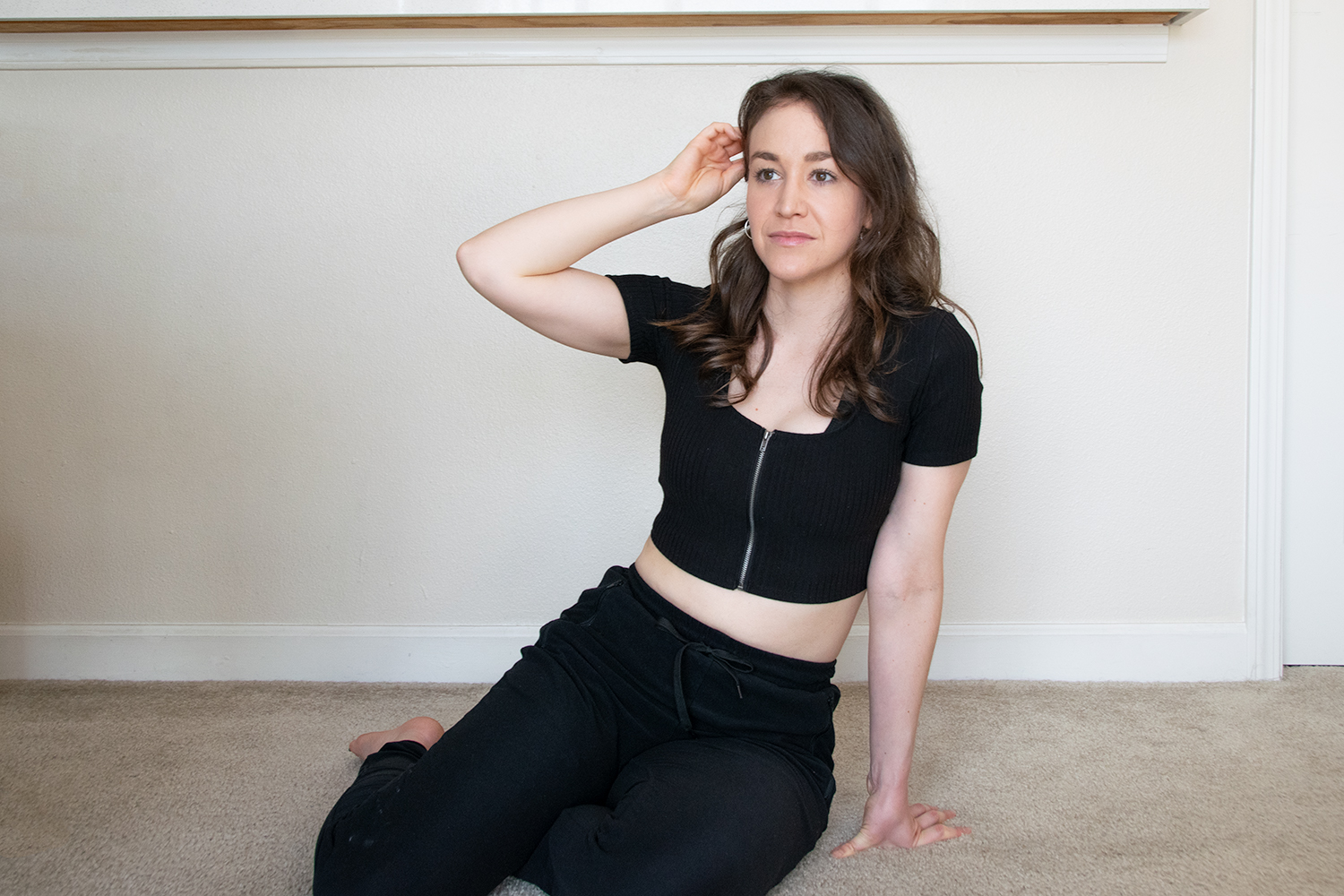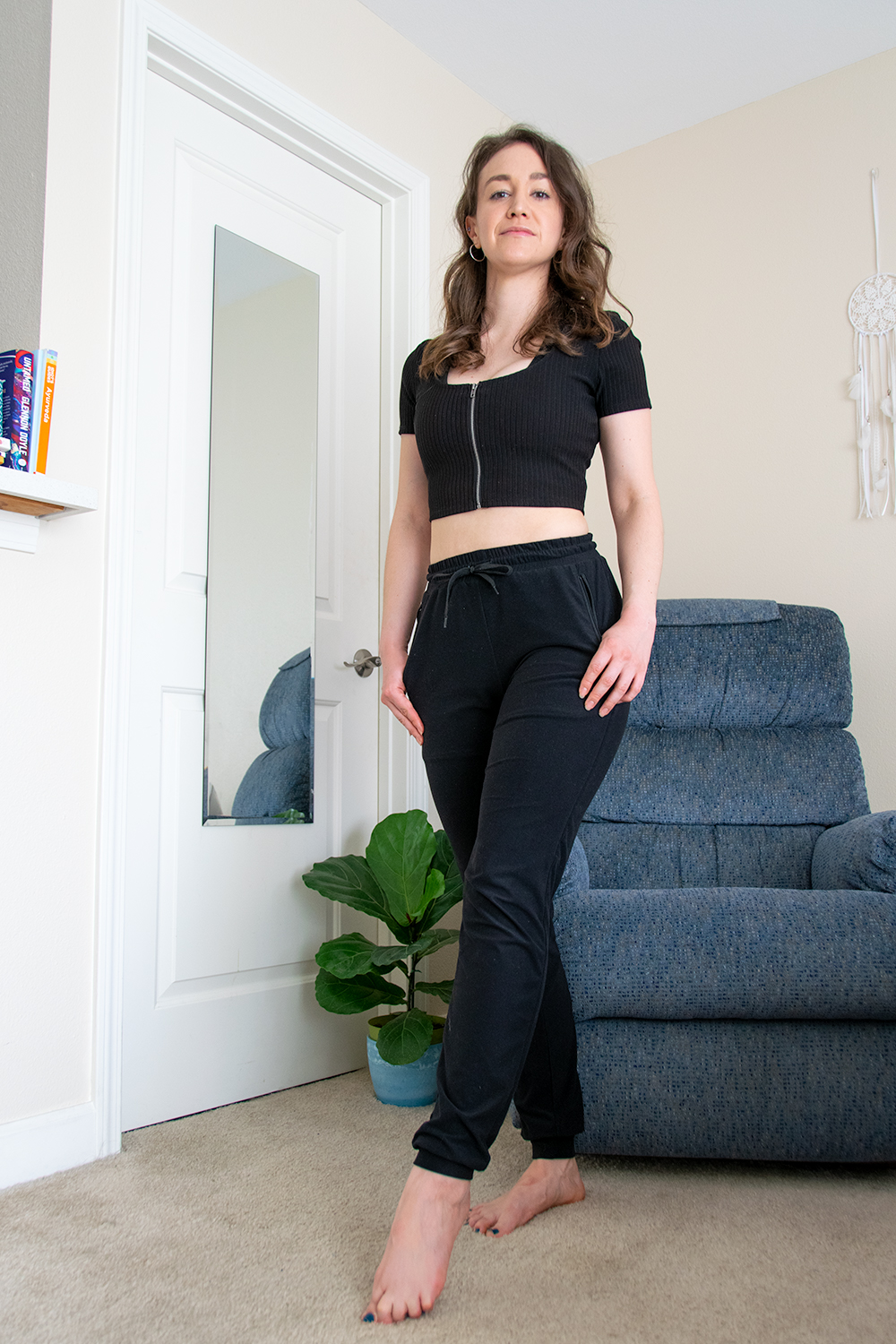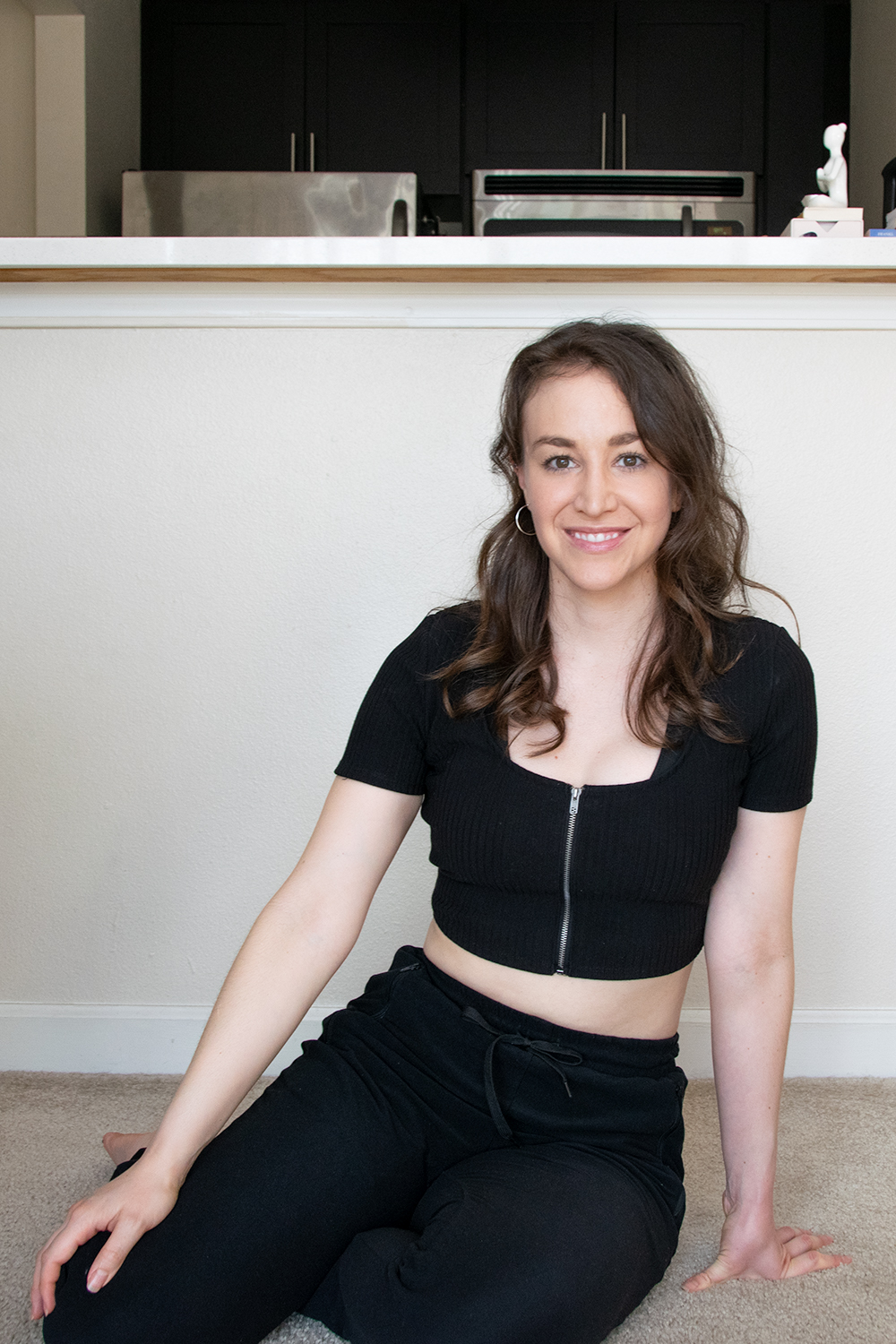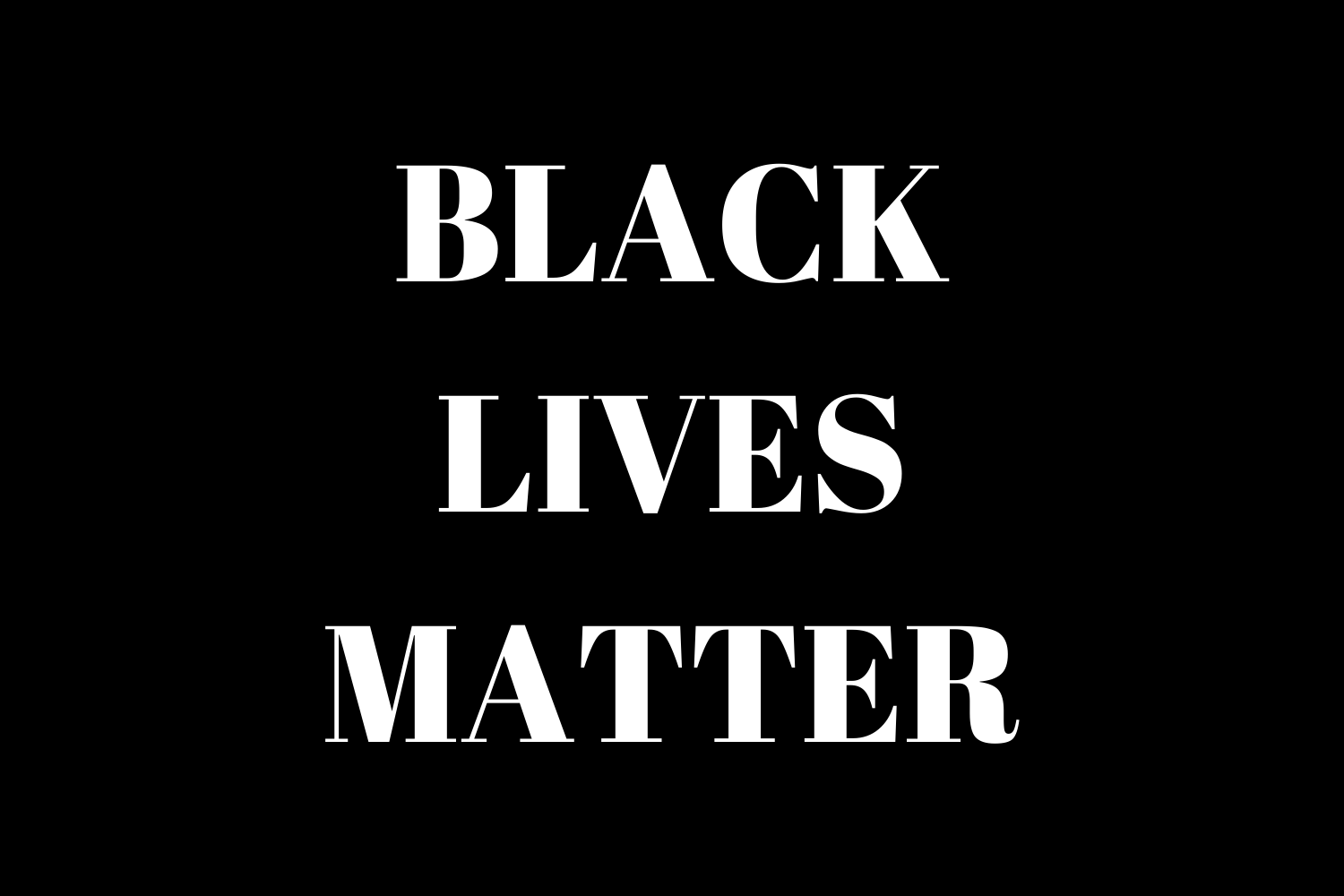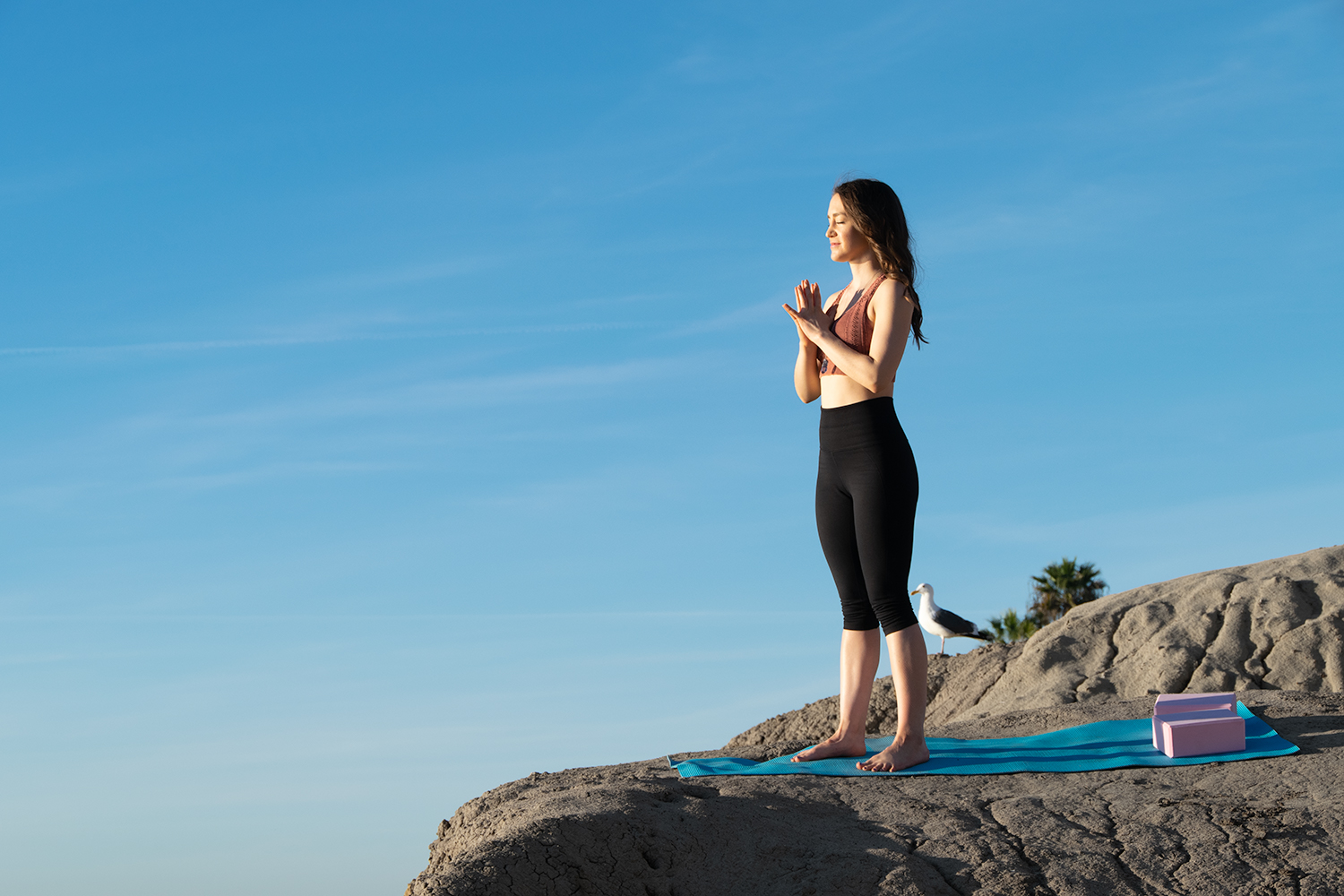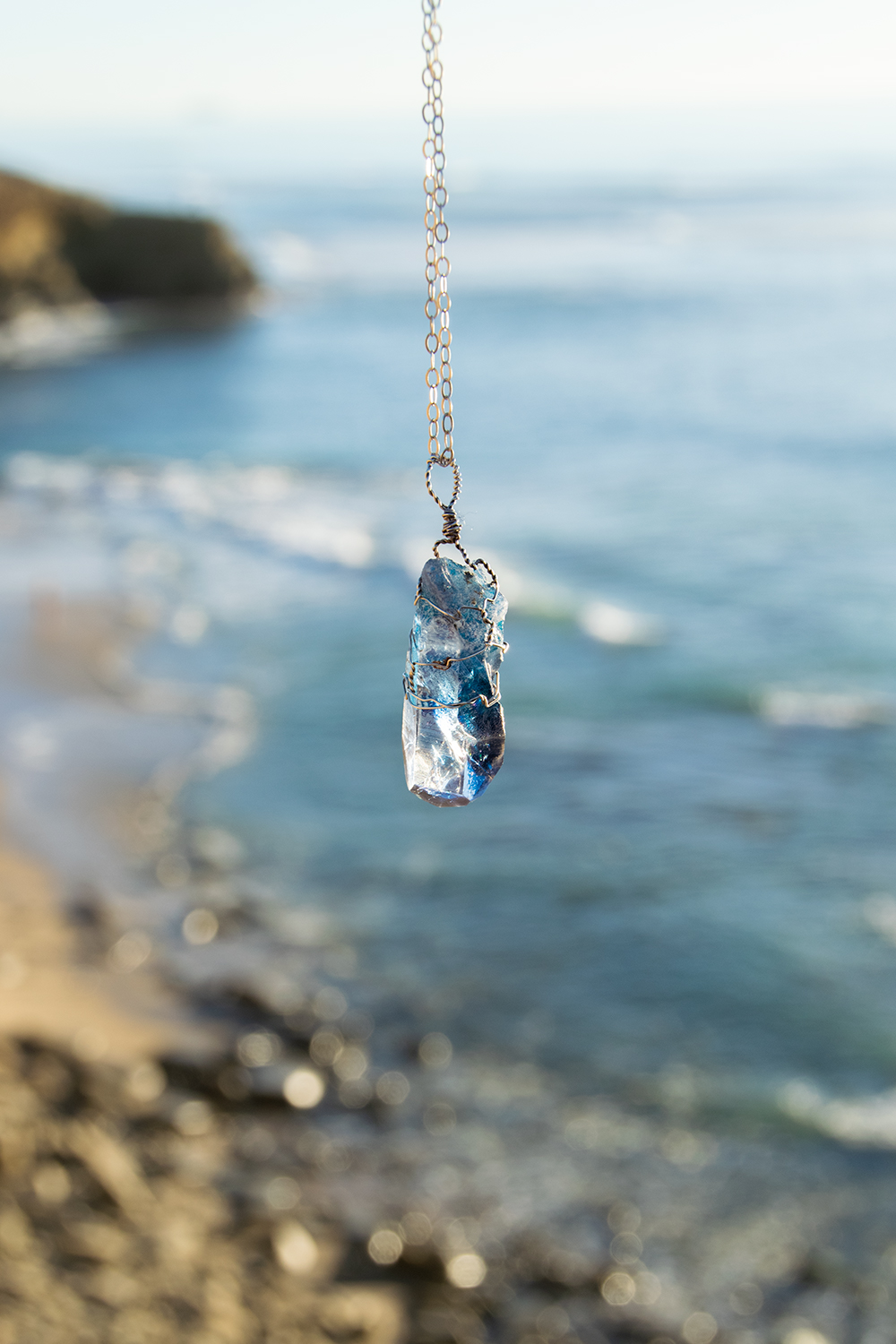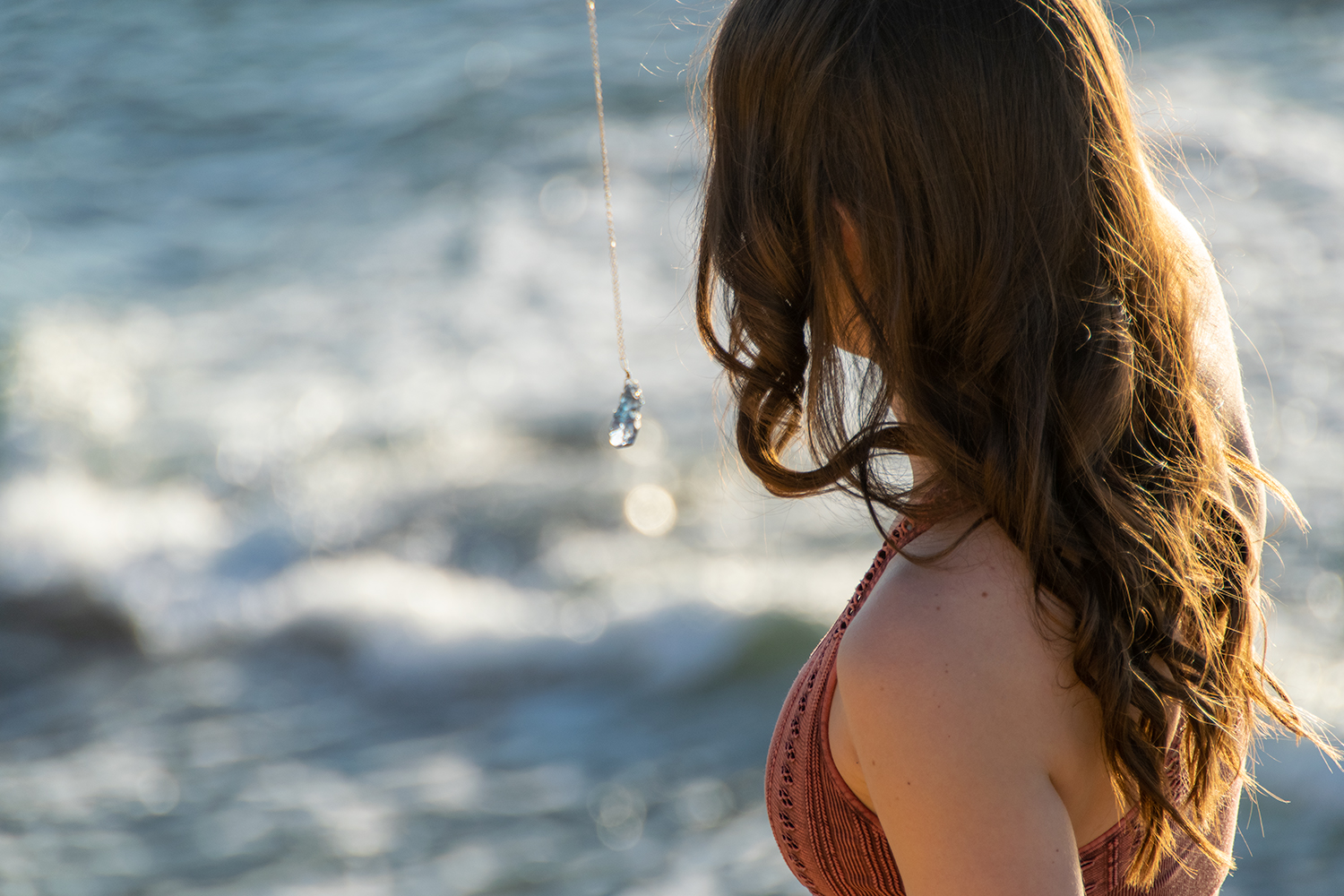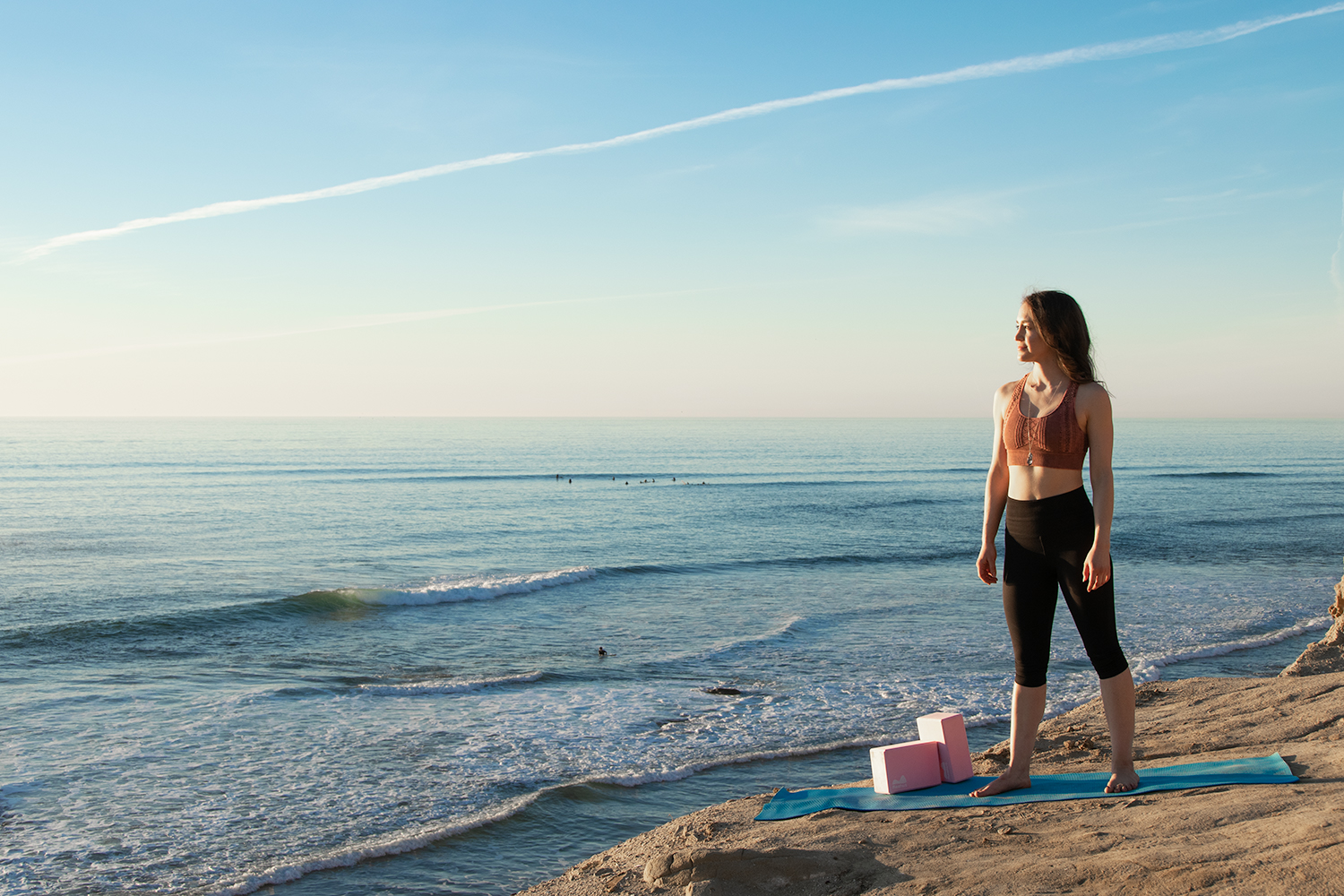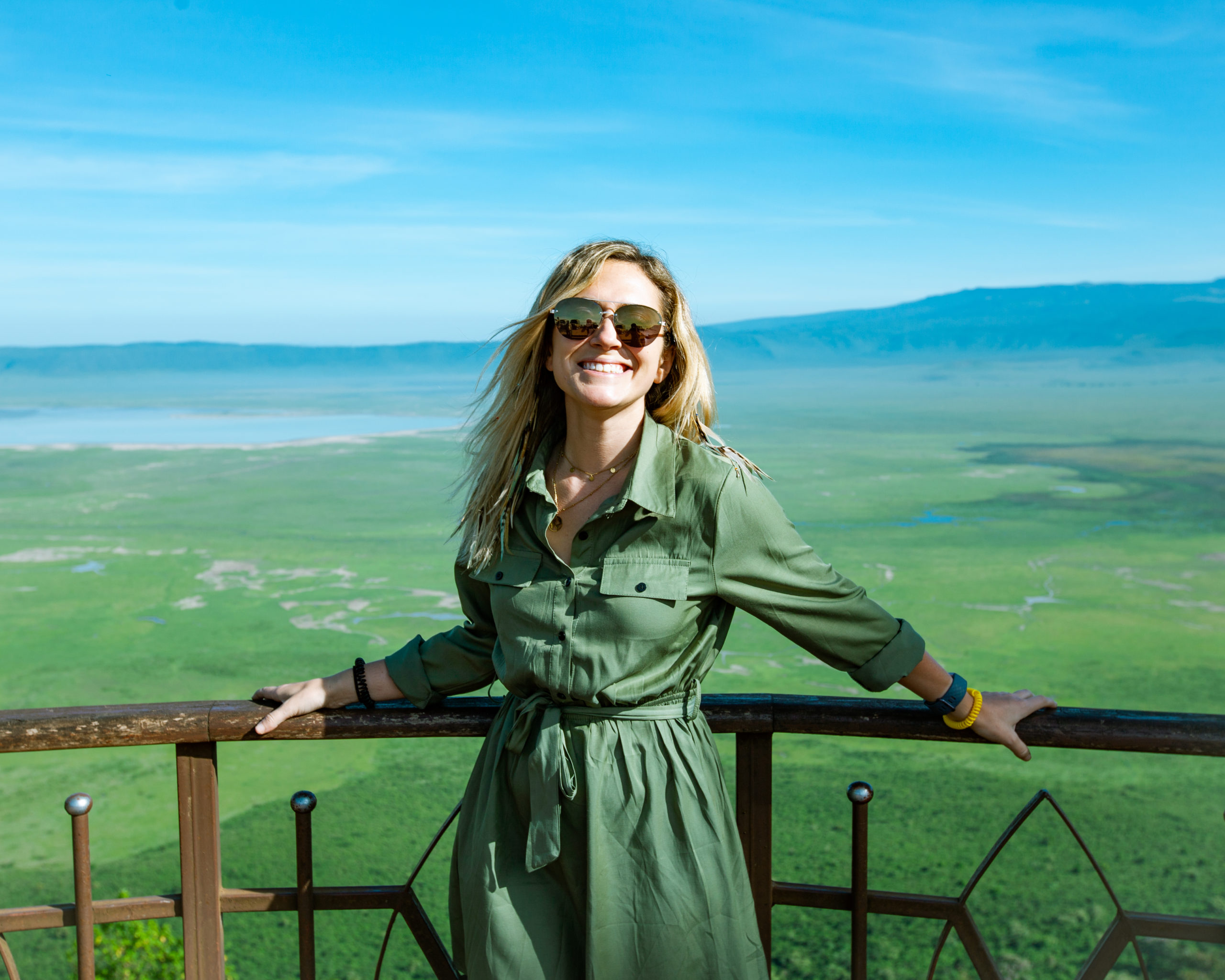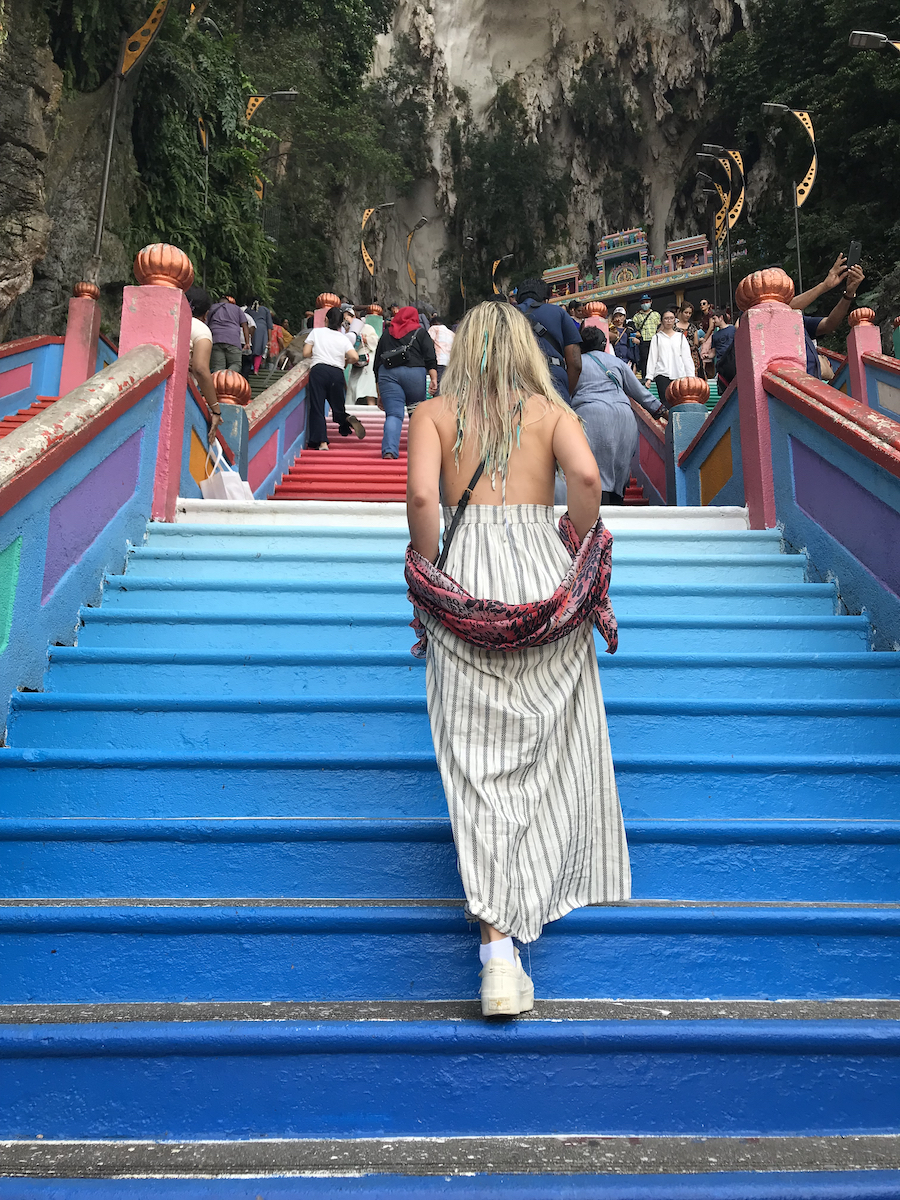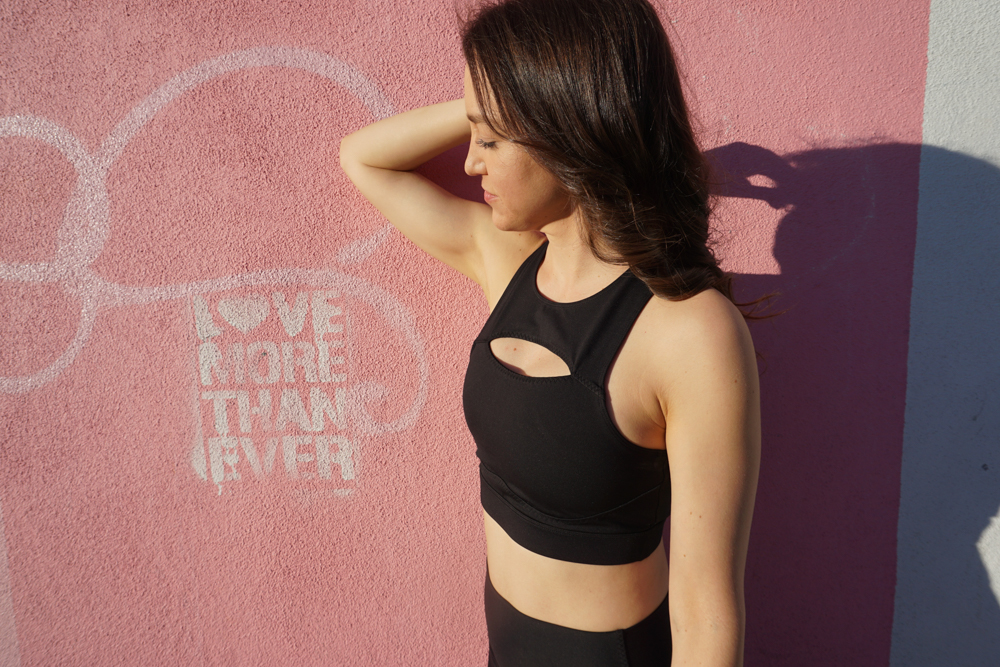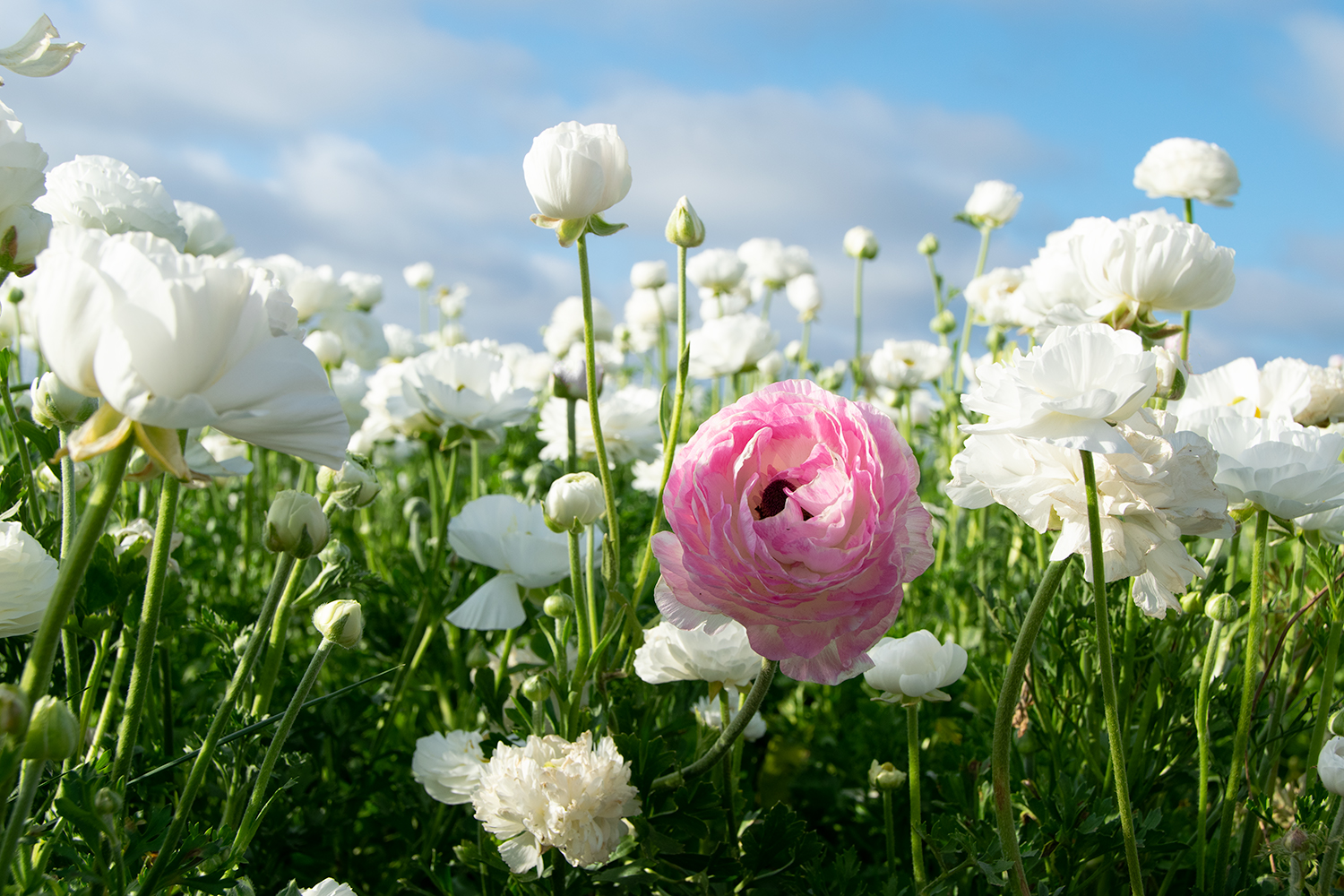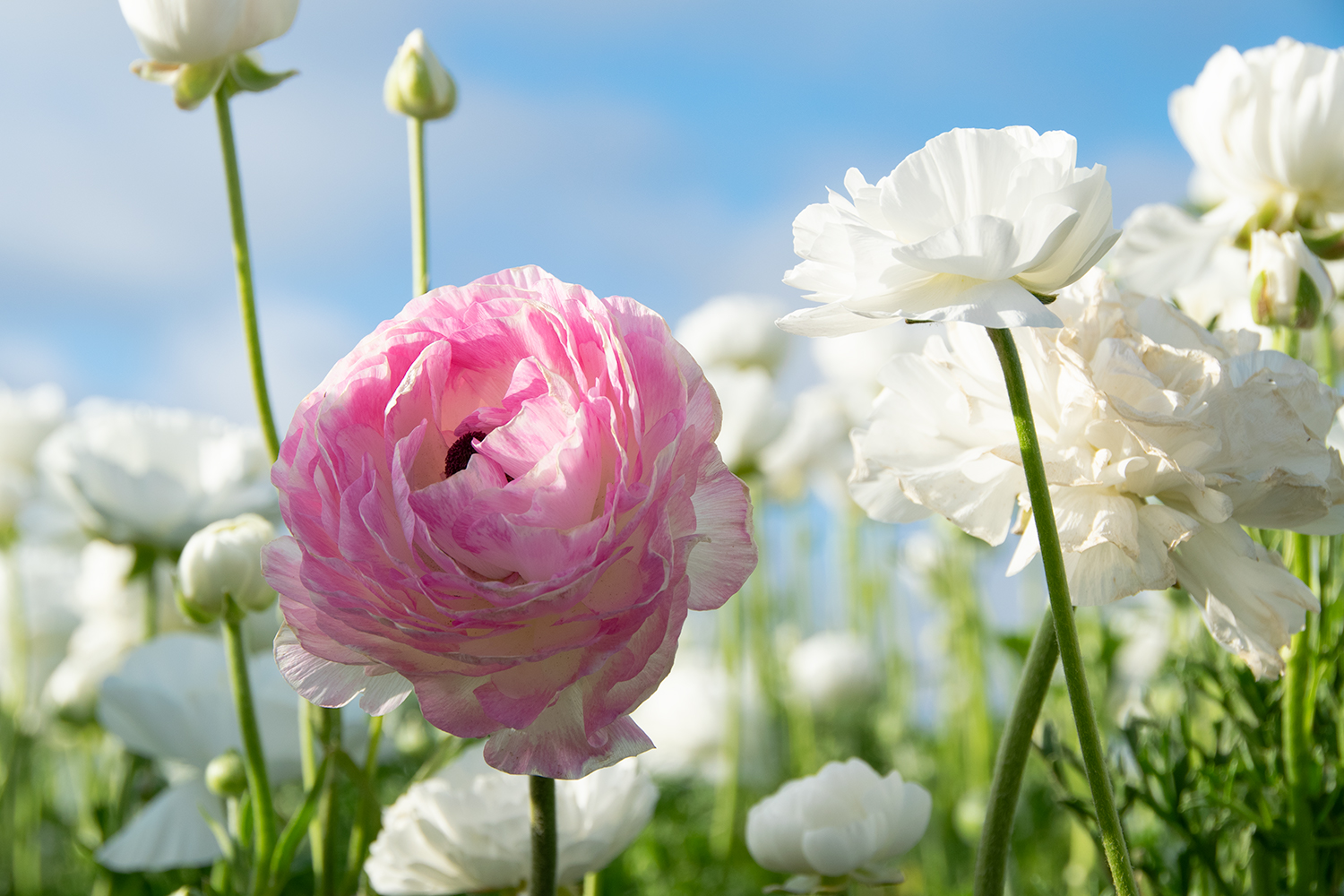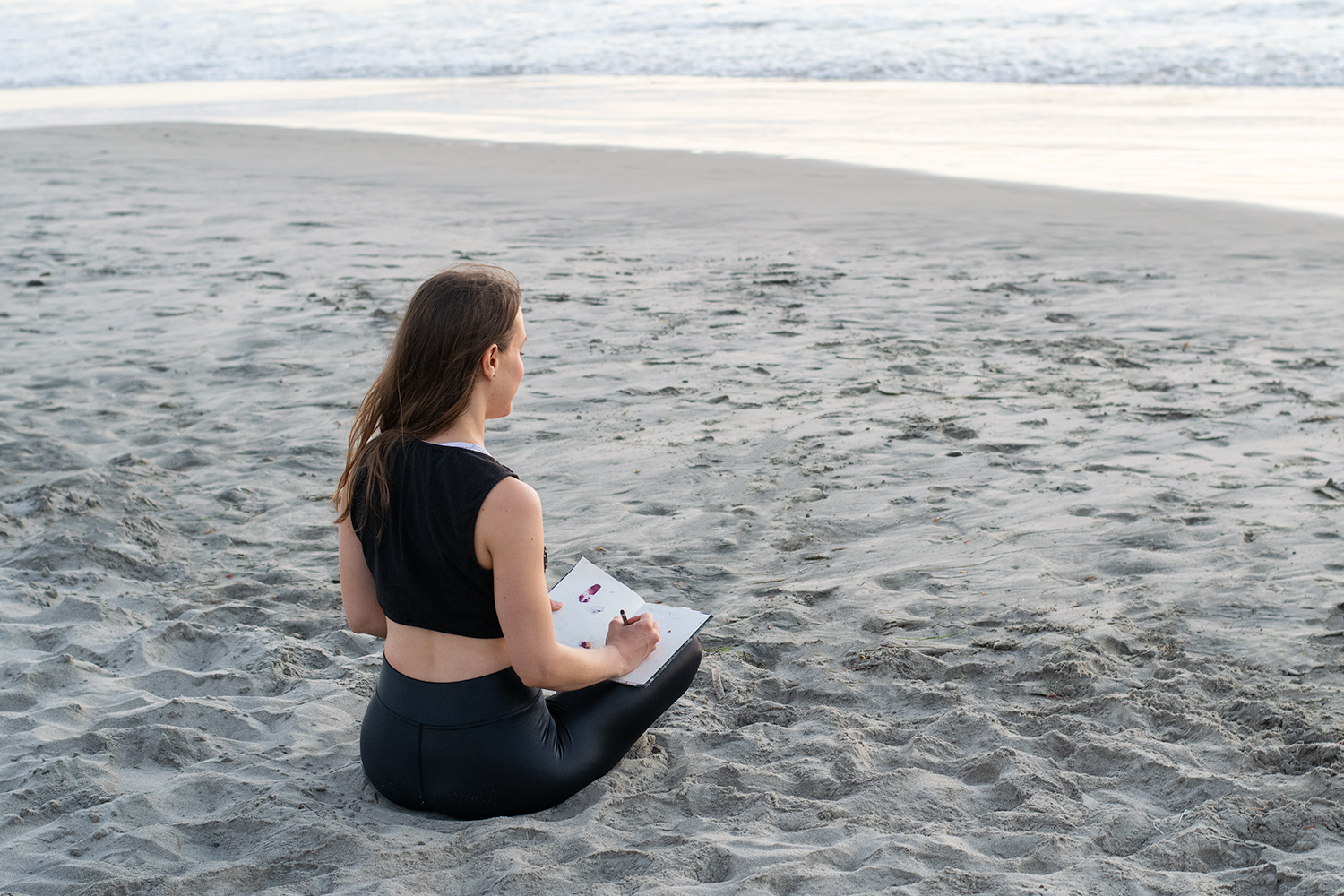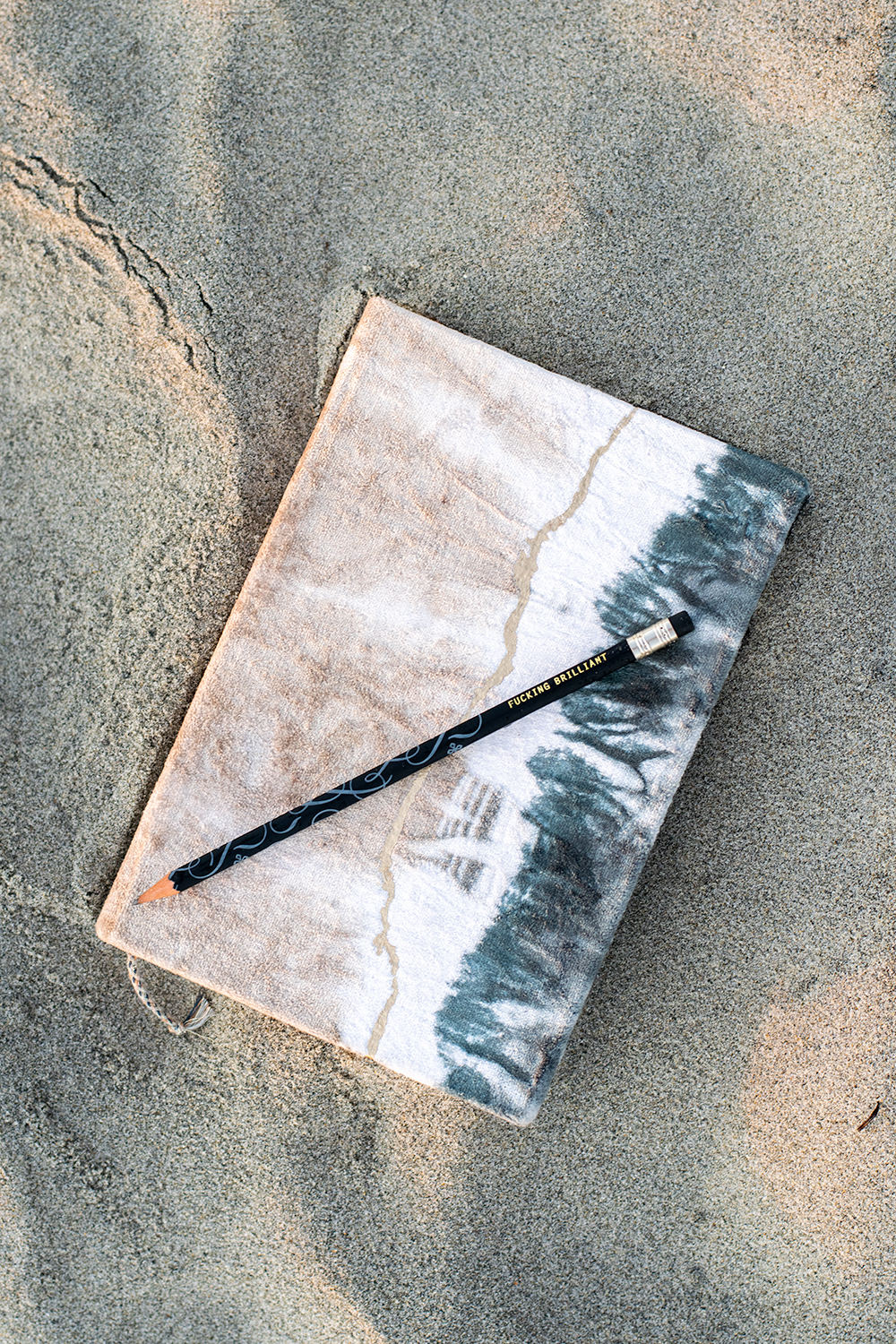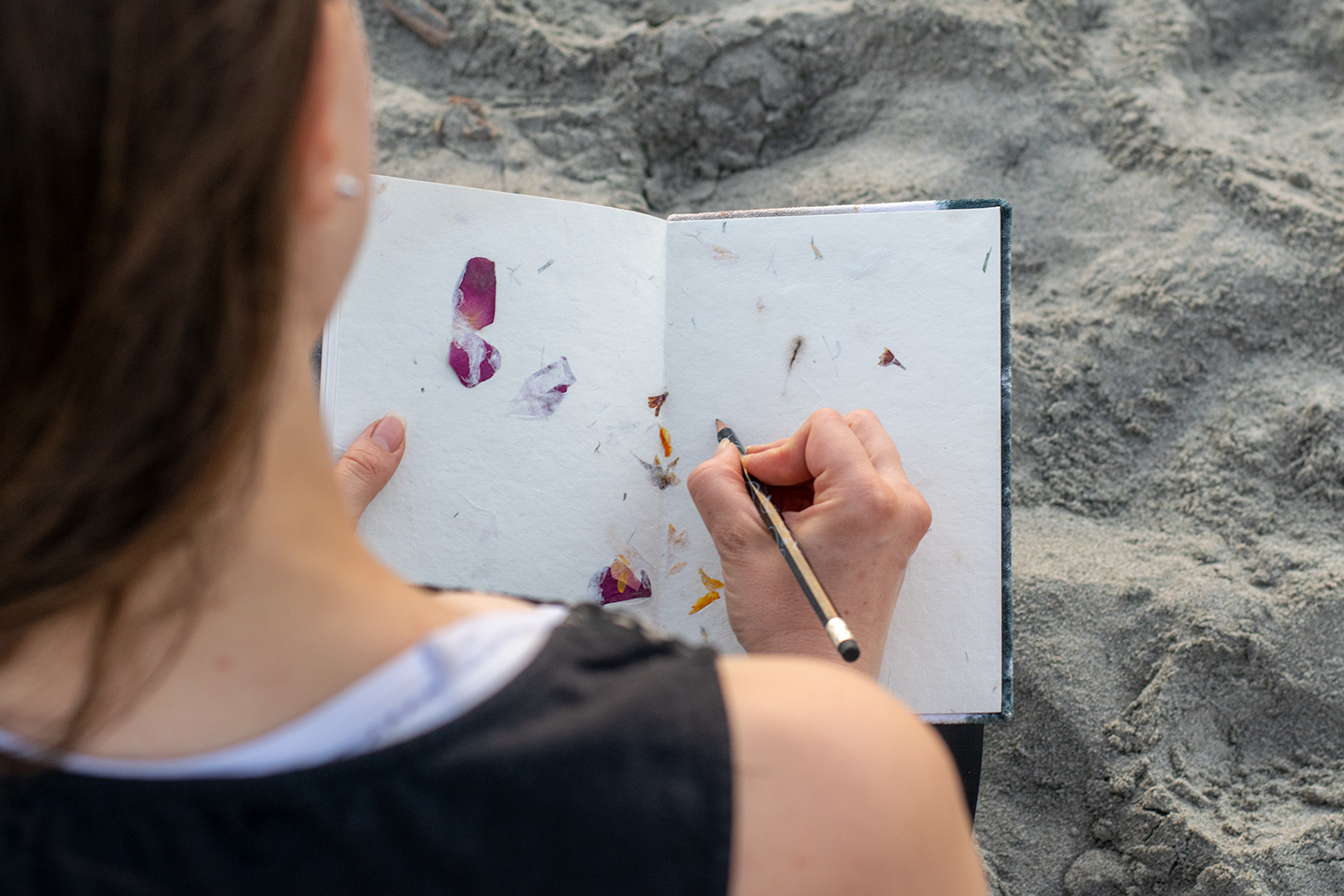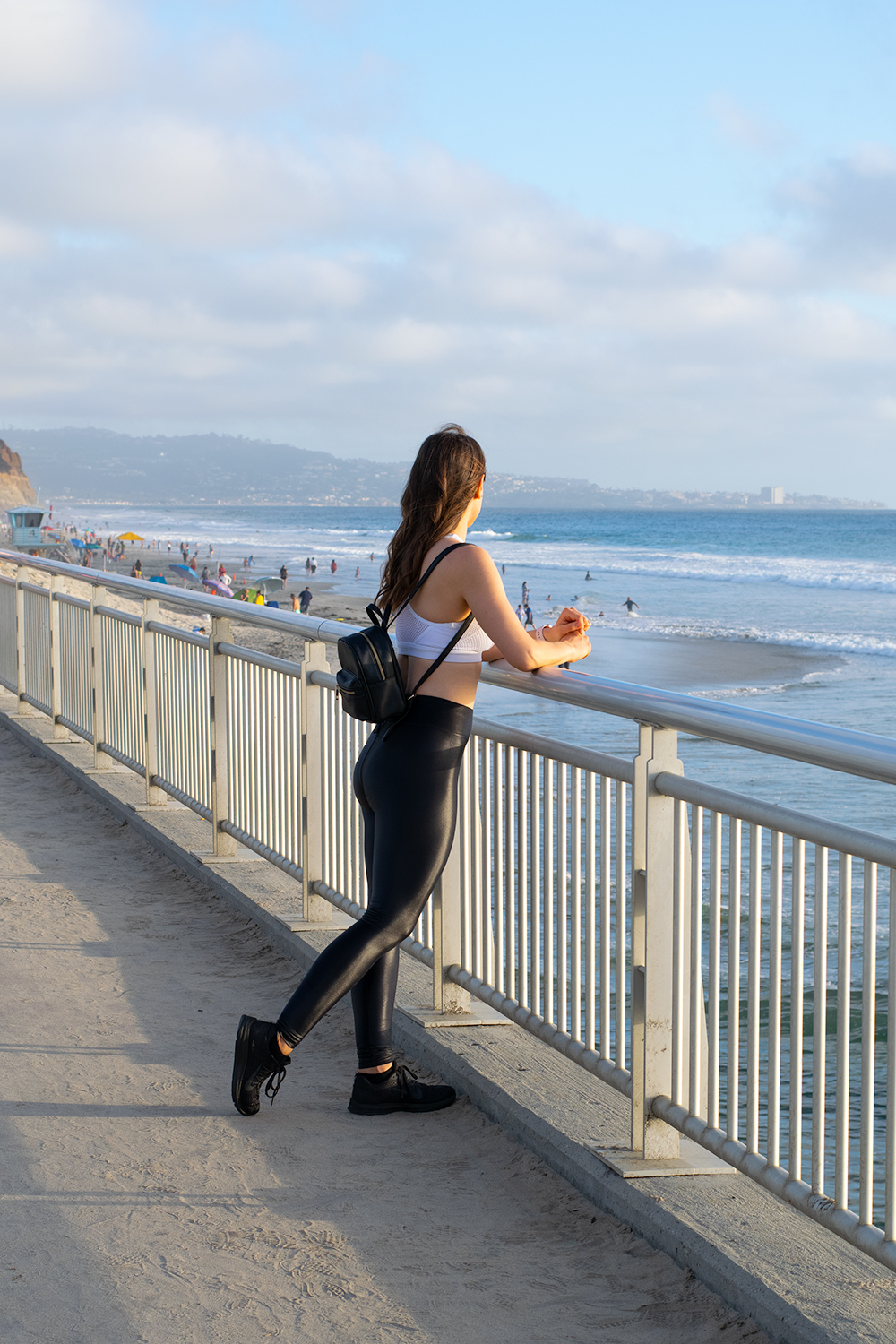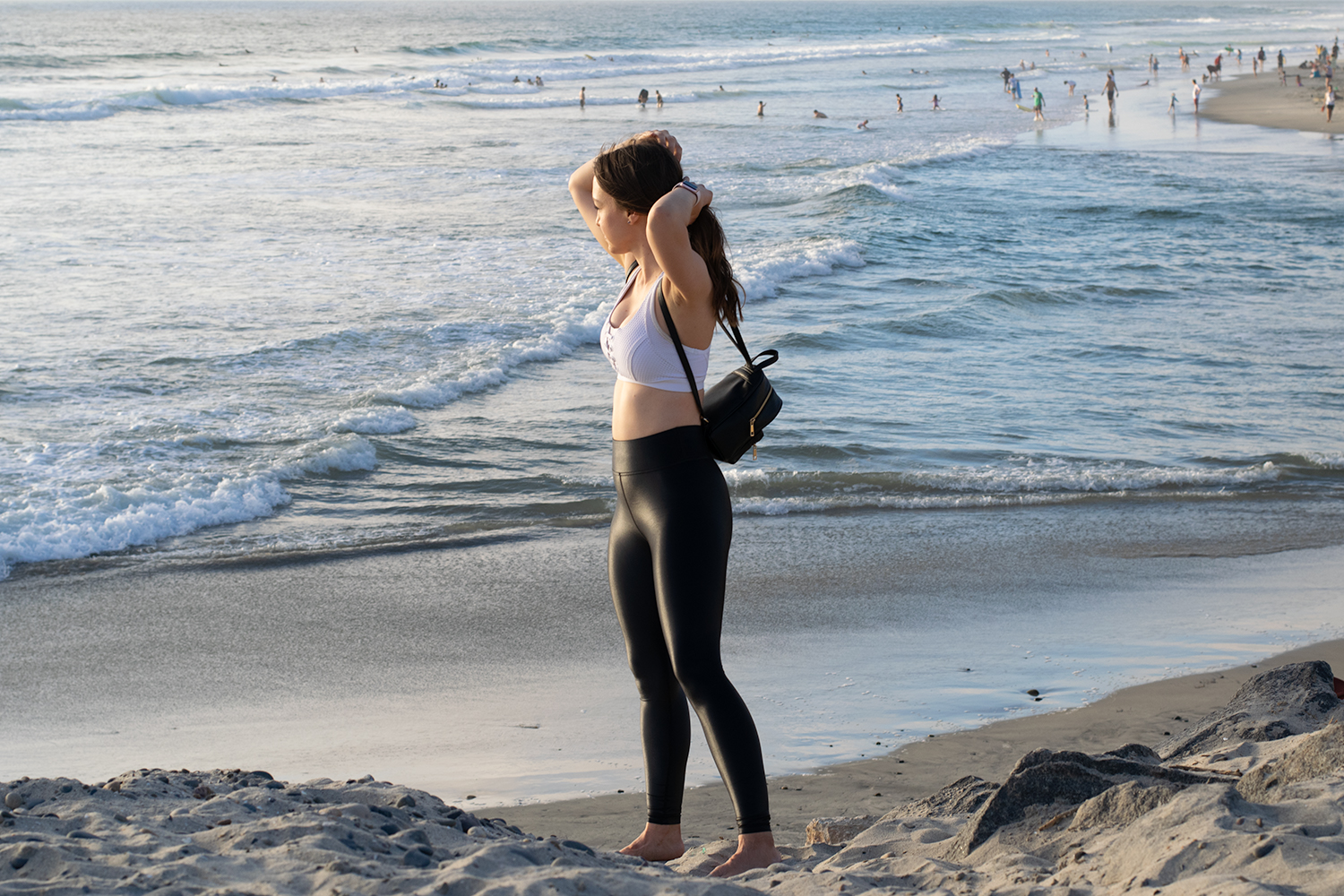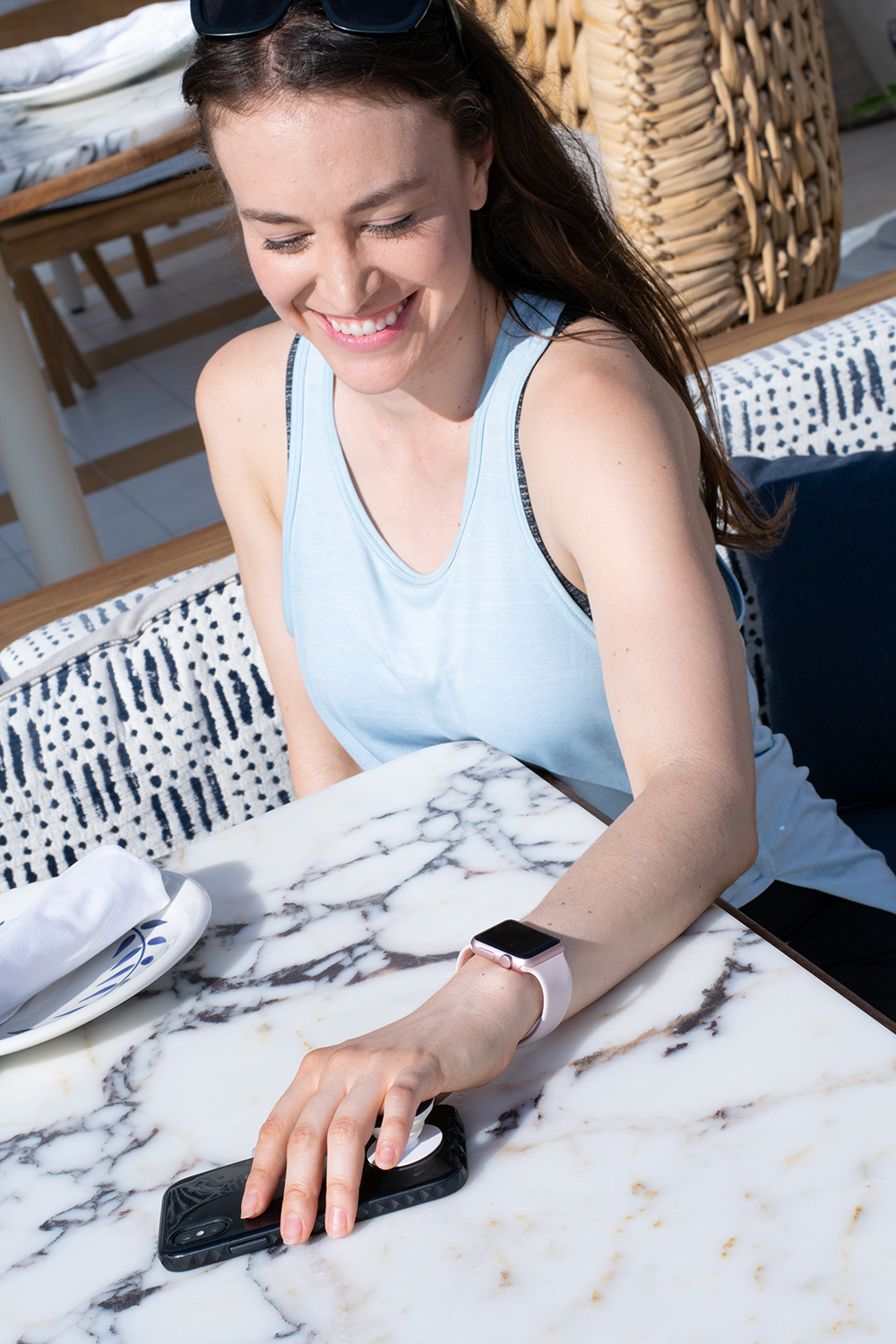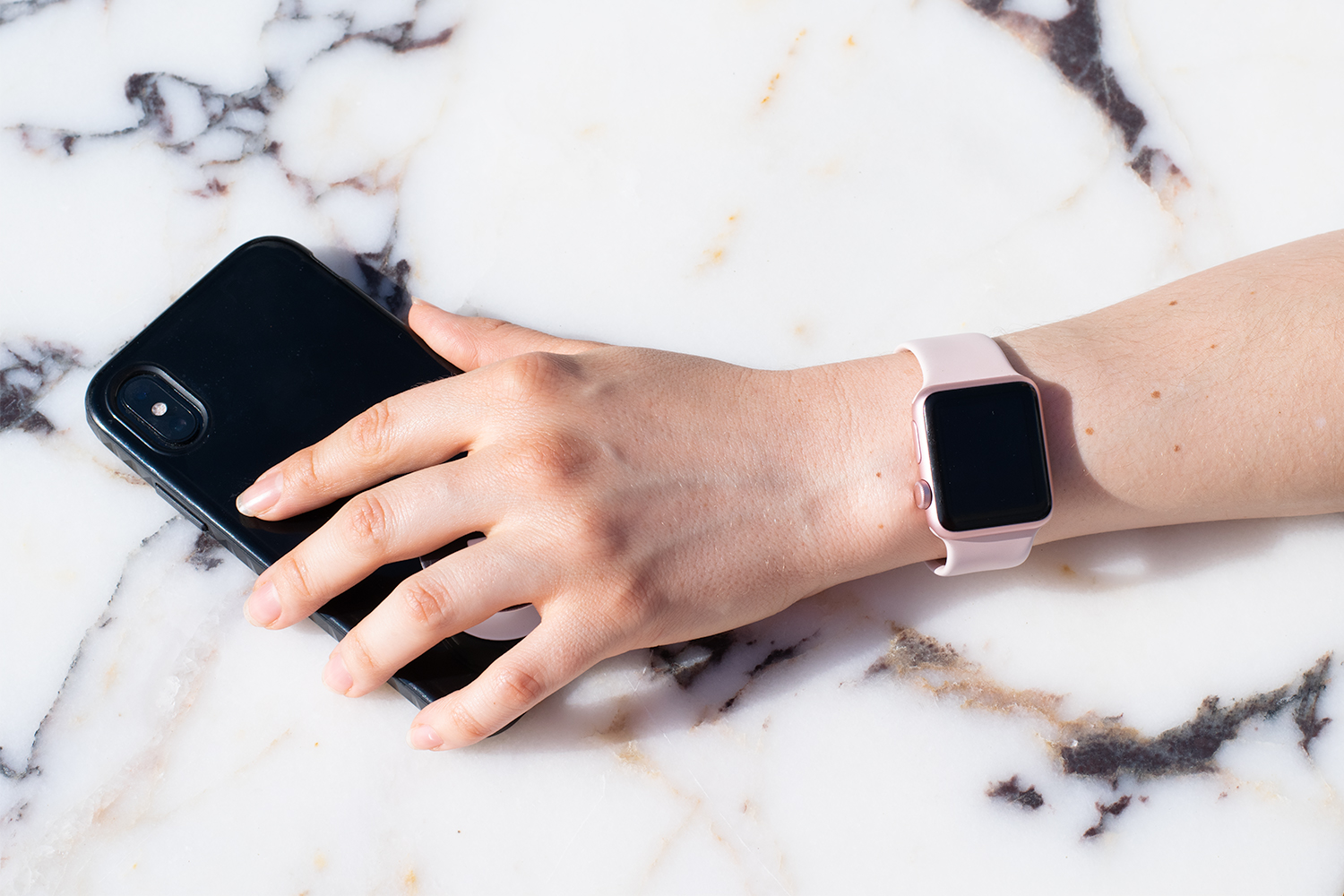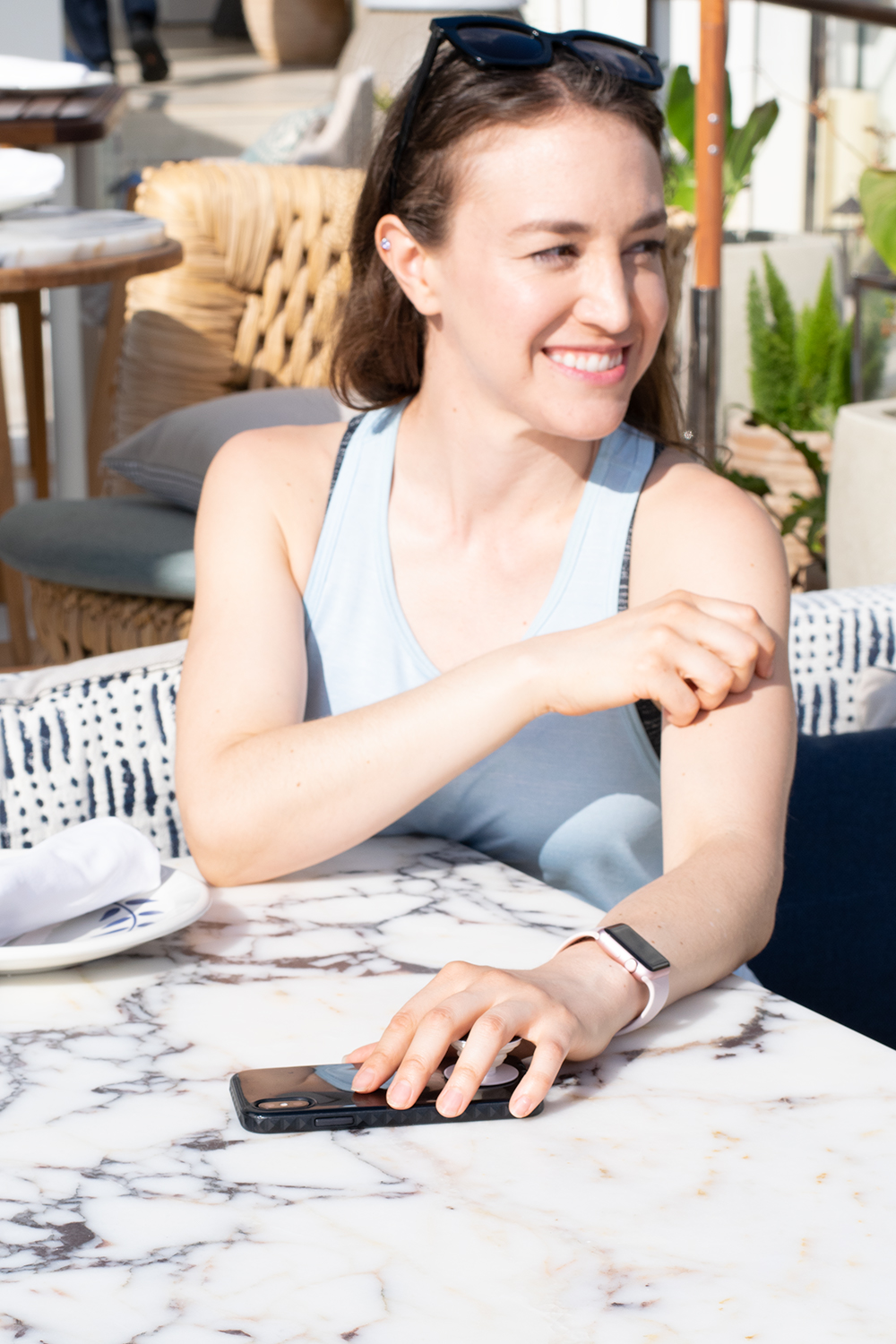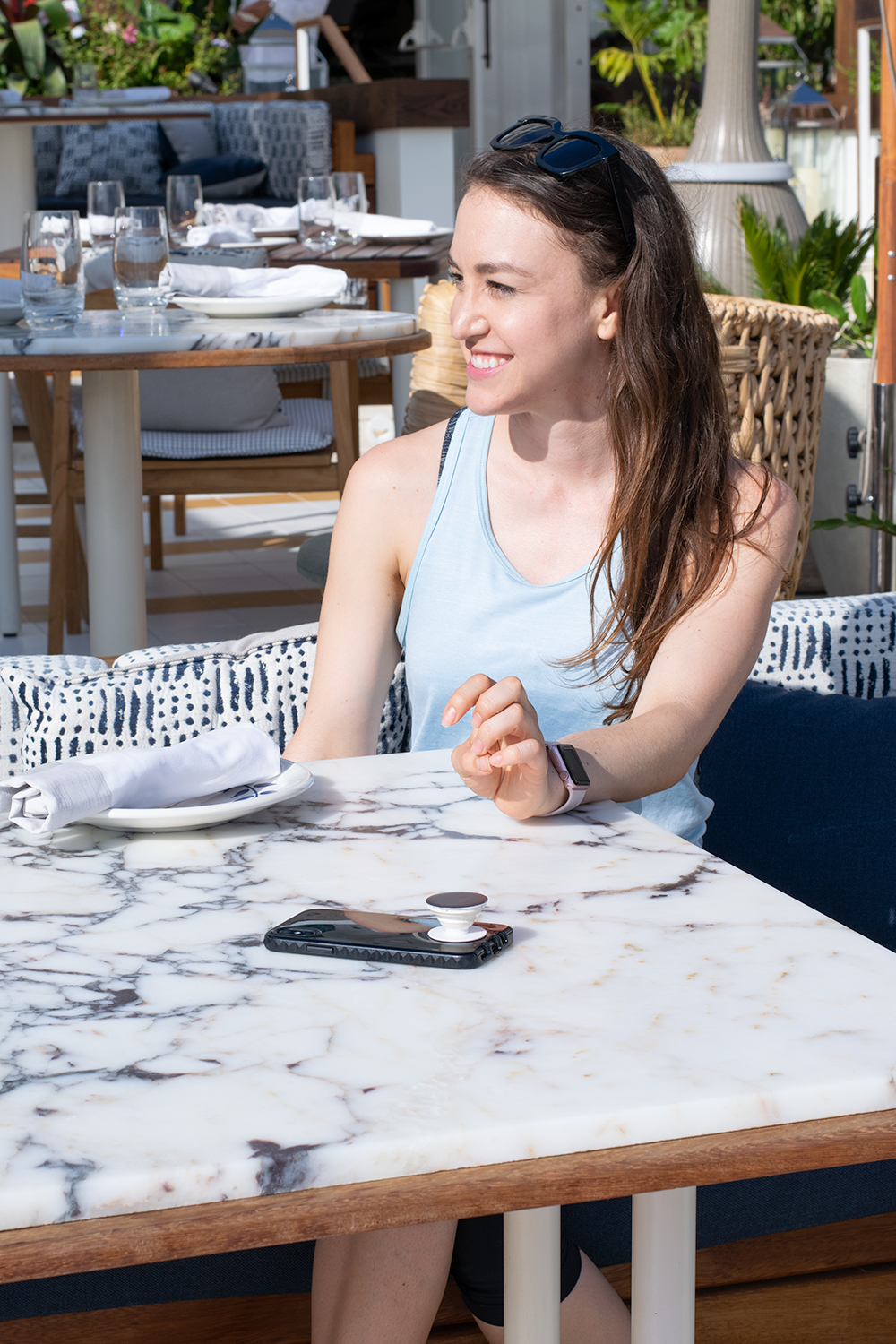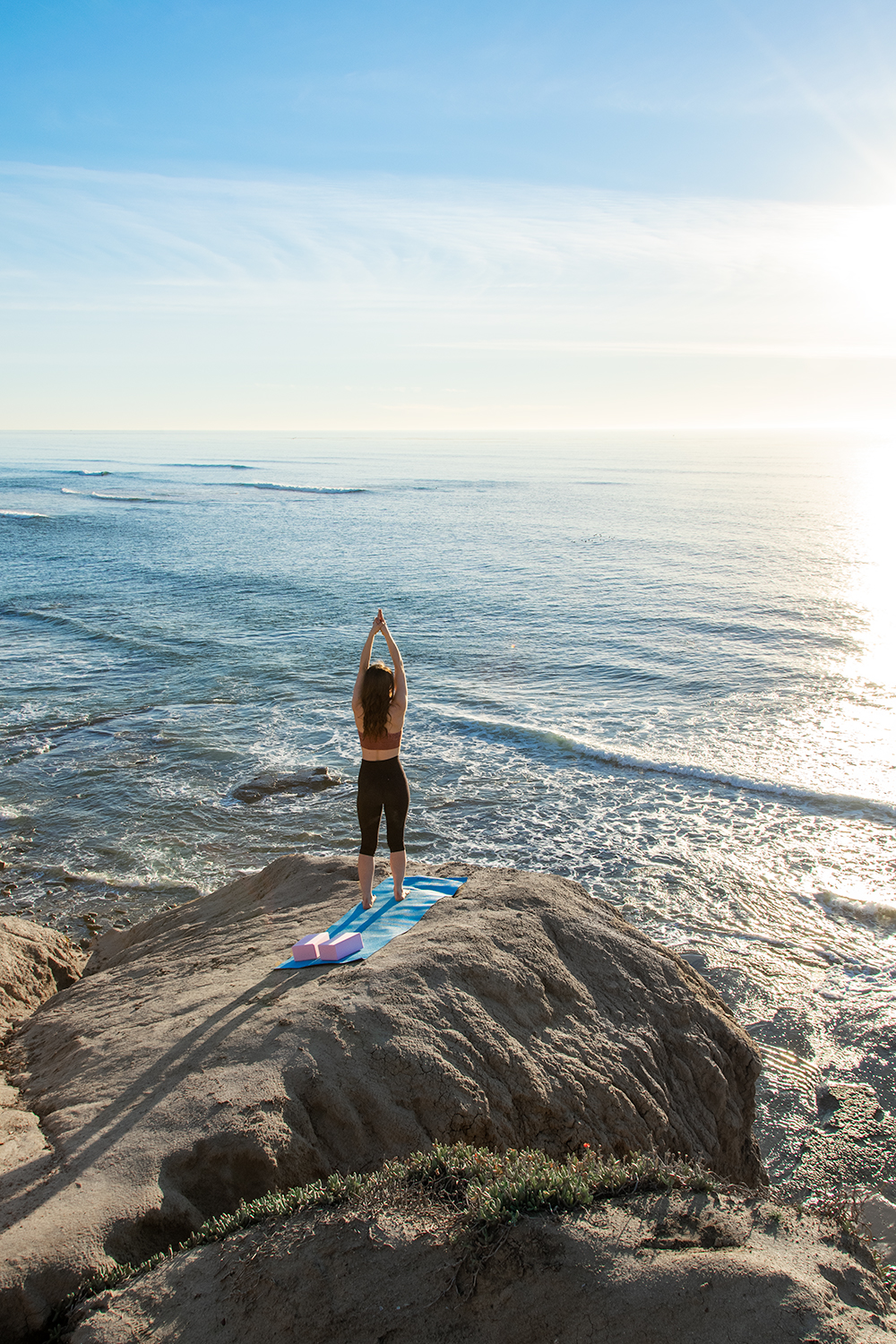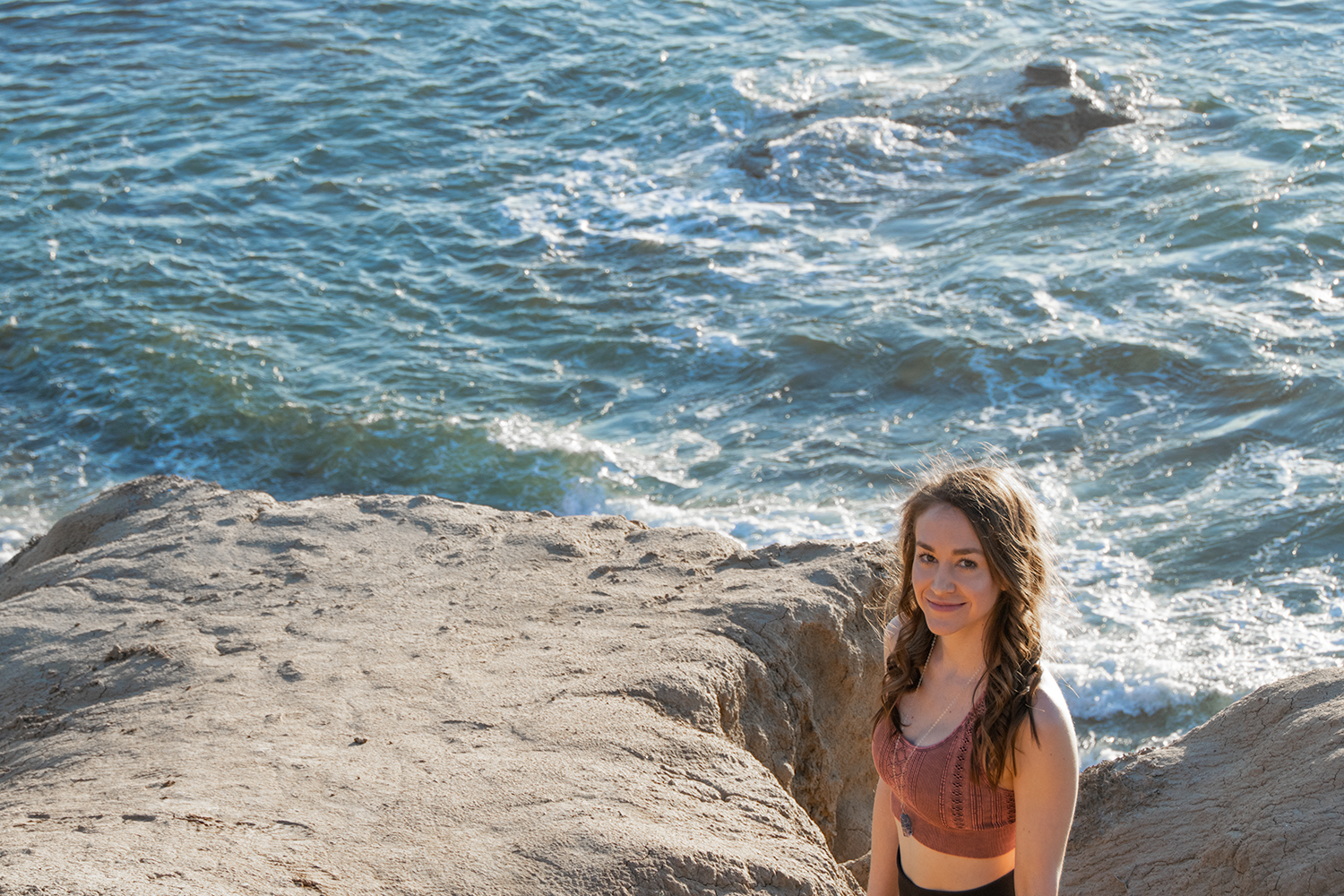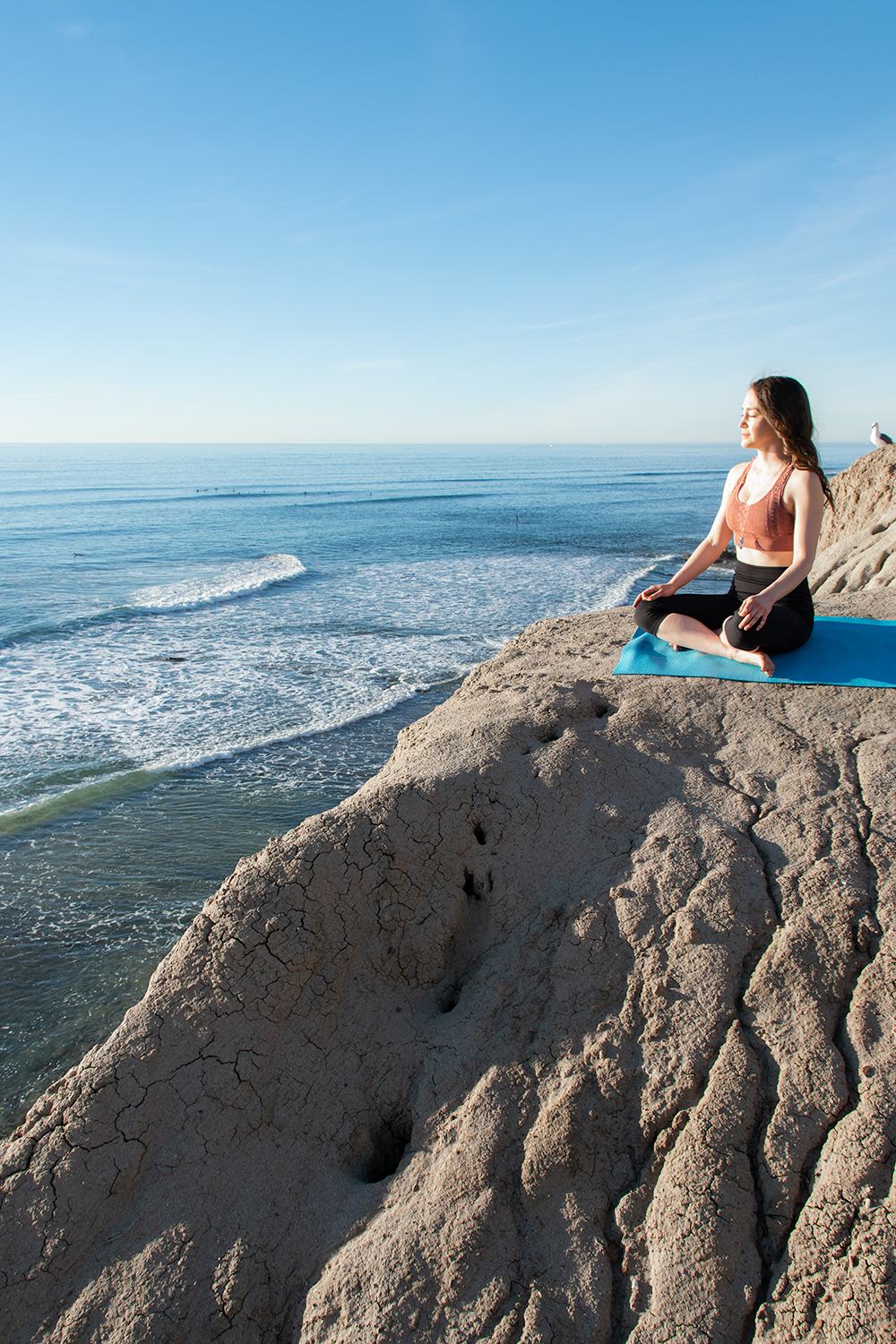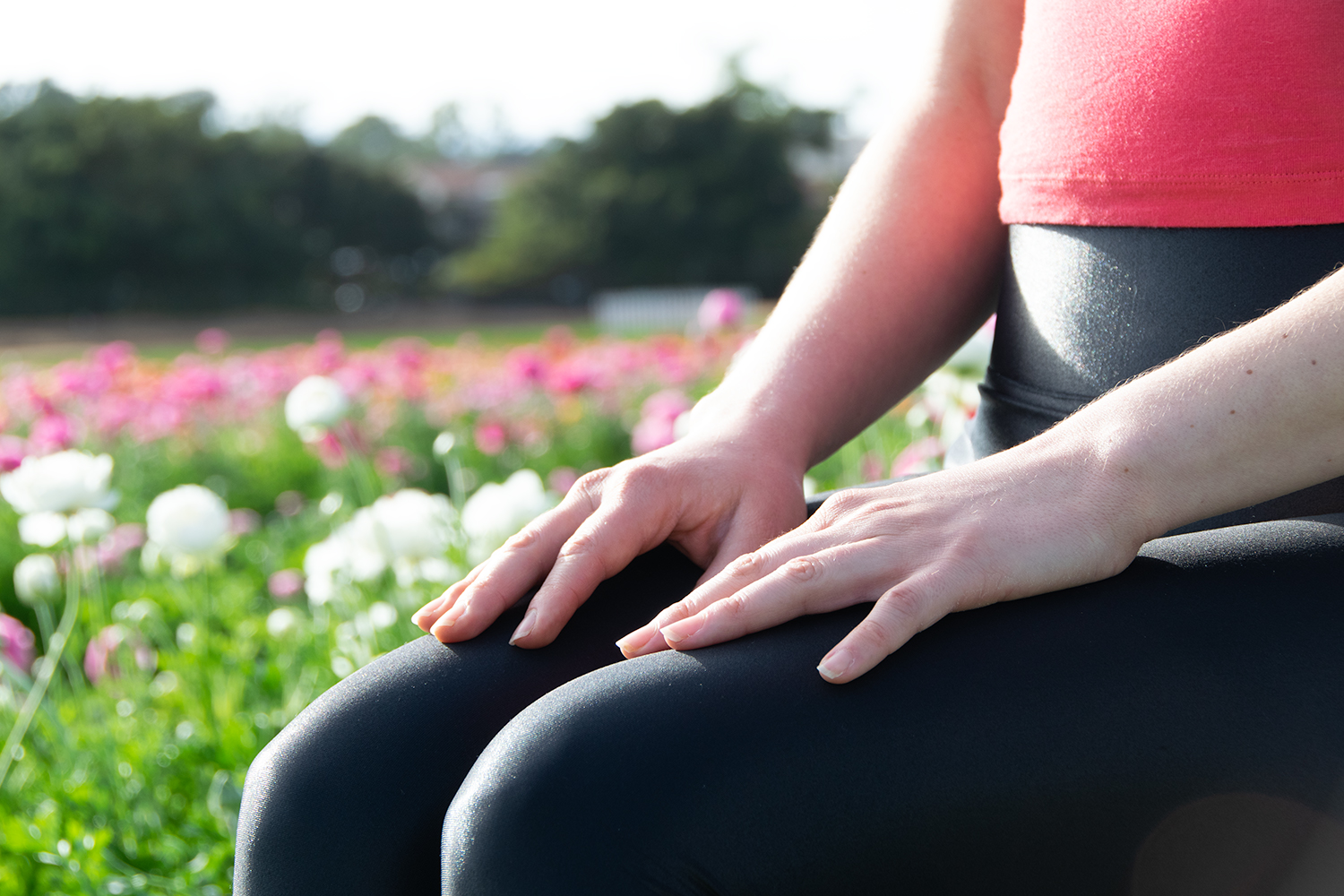
Learning how to meditate will change your life.
Well, a lot sure has changed since I posted last, hasn’t it? I had already planned to write about the fundamentals of how to meditate (I’m a meditation and yoga instructor here in San Diego), and now it just seems like divine timing because we all need it now more than ever.
Right now in San Diego we’re been under lockdown for the coronavirus for about two weeks. And, incidentally, on Feb 5th I underwent major surgery—so I’ve been in my house for months already, not able to do much. I’ve basically been quarantining for a while! I have one more week to go before I get to start using my upper body more, but I am excited to report that everything went well and I’m healing perfectly so far.
Here’s the full report of my recovery. Needless to say, meditation has been my biggest ally through all of this! I meditate every day—lately, multiple times a day since I can’t do much else. I’ve had to really learn how to surrender to what IS and find peace. That’s an important lesson for all of us right now.
I had expected to be able to keep blogging through my recovery, but my body told me to slow way down and I haven’t been able to use my arms at all up to this point. And it feels good to rest, to be honest. I thought it might be challenging to not be able to workout or have my typical movement to turn to, but meditation has kept me really positive and calm while healing, even during this crisis of a global pandemic.
Be sure to download the FREE Basics of Meditation e-book I’ve created! It’s the perfect handy resource so you can start meditating today.
The benefits of meditation include:
- increasing calmness
- improving mind-body connection
- reducing anxiety and depression
- increasing physical relaxation
- improving sleep
- reducing high blood pressure
- improving psychological balance
- aid in coping with pain or illness
- relieving symptoms of irritable bowel syndrome
- enhancing overall health and well-being.
Sign me up, right?
(Source: National Center for Complementary and Integrative Health)
Meditation is a simple but powerful mental exercise that’s accessible everyone to do. Even better, it’s free and doesn’t require any equipment! It’s also been scientifically proven to have nearly endless positive effects on your mental AND physical wellbeing and health. And no, meditating doesn’t have anything to do with religion, though it is practiced by some, including Buddhism and Hinduism. Anyone can do it, and everyone should.
It’s kind of like allowing all the snowflakes to settle in the snow-globe of your mind, allowing you to find stillness and clarity.
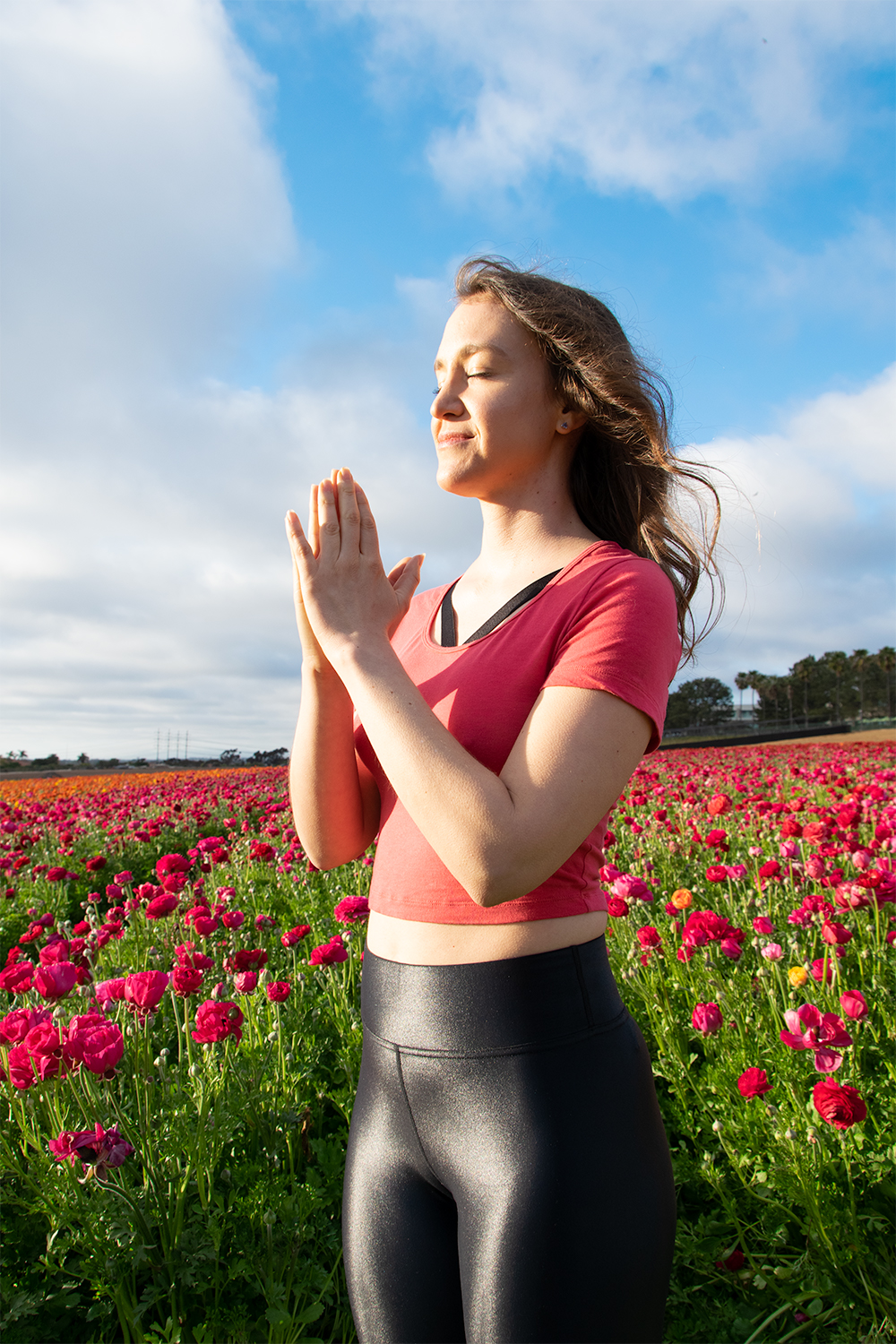
Meditation does not mean you have to empty your mind.
The goal is to become aware of your thoughts.
Our minds are like computers. They get programmed (primarily in our adolescence) by the people who raise us and the society/culture we grow up in. But here’s the magical thing: our brains can get reprogrammed, by us, with meditation. Becoming aware of our thoughts eventually leads us to being able to control and choose our thoughts to the ones that serve us best.
I always thought that meditation = silencing the mind completely. I found it tedious and frustrating. So my world was rocked when we studied meditation as part of my yoga teacher training and the teacher explained that that’s actually a misconception.
Meditation is actually this full-circle practice:
- You try to find stillness
- Your mind starts wandering down a train of thought
- Eventually you catch yourself
- And the cycle repeats
That IS meditation. It’s a process, not a destination. You don’t need to silence your mind. You’re training yourself to become AWARE of your thoughts, so you control them—not the other way around.
Eventually, you’ll have spaces of time where you find your mind quiets down so much you don’t have any thoughts. And with time, those spaces will last longer and longer. And when you get there, those pockets of time are bliss.
But it’s also really okay if you find meditation challenging—most of us are not Zen Buddhist Monks devoted to the practice of meditating for life to achieve enlightenment. We’re real people who live in a crazy amped-up world, so it’s okay if you feel like you have a “monkey mind” that’s constantly ON. Meditating will help you get tame it.
Every time you catch yourself thinking about something else when you meditate, that’s a win—because you’re beginning to separate You from your mind. You’re stopping the old negative patterns of thinking so that you can form new ones.
Your goal when you meditate is simply to become present.
Our minds are always running a commentary track, or thinking about the past, or imagined futures. But when we make the intention to just be here, now, everything slows down.
You want to be aware of your thoughts, examining them as they come up and then choosing not to follow, so that you can stay here in the now. I often use this metaphor when I’m teaching: your mind is the sky, and your thoughts are just clouds floating through. So you can see them, and acknowledge them, but then choose not to engage with those thoughts. Just let them continue to float on by, and stay rooted in your power as the enveloping sky.
I highly, highly recommend The Power of Now by Eckhart Tolle, a master meditation teacher. It really helps explain in greater depth what it means to be present.
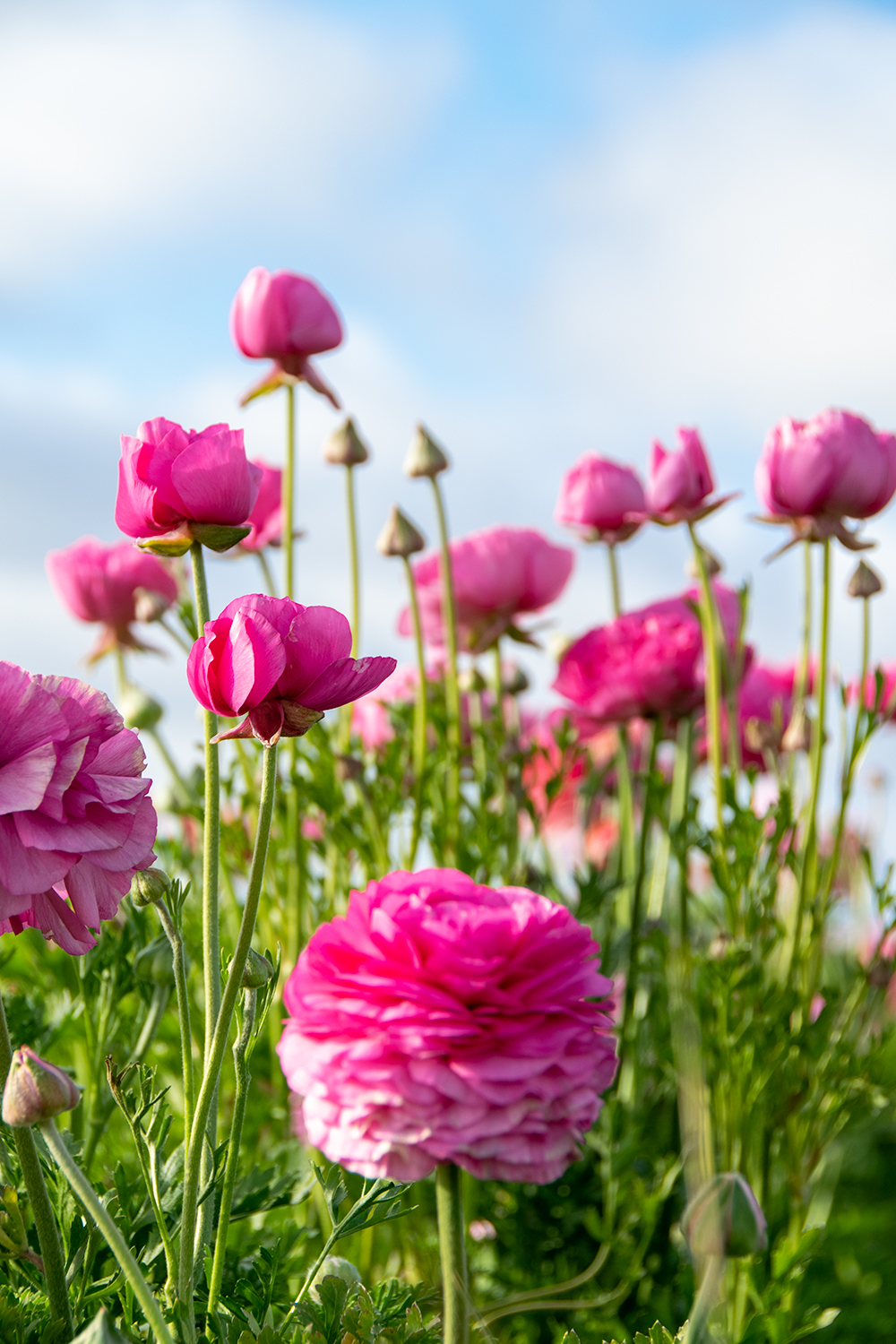
Focus on your breath when you meditate.
Breathe in and out of your nose, as deeply as you can. Try to breathe into the lowest part of your ribcage, then back to your spine and out to the right and left sides of your belly, like you’re inflating a balloon inside of you. Slow down your breaths.
Notice if it’s hard to breathe deeply (that’s very common, and will improve with practice). Try to relax your tongue and the back of your throat. Soften your forehead and your jaw. Become aware of how you’re holding your body. If there’s anywhere you can relax just by bringing your attention to that area, let the tension go.
Your breath is your best tool to get into a deeper meditative state, so it’s key. Meditation switches on your body’s parasympathetic nervous system, which helps bring you back to a calm state of healing and restoration. It’s the opposite of the flight-or-fight stress response that many of us live in. The more you breathe deeply, the more you activate your vagus nerve, which helps turn on that relaxed state.
You can also try tuning in to everything happening around you using your senses. Notice the floor underneath you; notice any smells, any sounds. Try to bring yourself into this present moment, and think about only this present moment.
There’s no “right” or “wrong” way to meditate.
Just like with yoga, there are many different types, or schools, of meditation. With yoga, there’s Vinyasa, Yin, Kundalini… and with meditation, different styles include Transcendental, Qigong, and Mindfulness. There’s no correct method—they’re just different paths to take to get you to the same destination. The techniques I described above are part of the Zen/Mindfulness meditation practices, which is what I mainly teach. Some people find it more helpful to pick a specific mantra, or to count numbers, rather than focusing on your breath, which is why I encourage you to try out many different styles.
And remember, you can’t be bad at meditation. It’s an exercise, a practice. We’re essentially training our minds the same way we would our muscles, or our dogs.
I’ll be honest; when I first tried meditation about ten years ago, I hated it. I thought it wasn’t for me, that I was terrible at it—but let me remind you that that’s just not possible. You will probably find it challenging at first to find any spaces of silence in between thoughts, but don’t let that discourage you.
It takes patience and repetition to build any habitual pattern. So be patient with yourself and the process. As long as you’re trying, you’re doing it right.
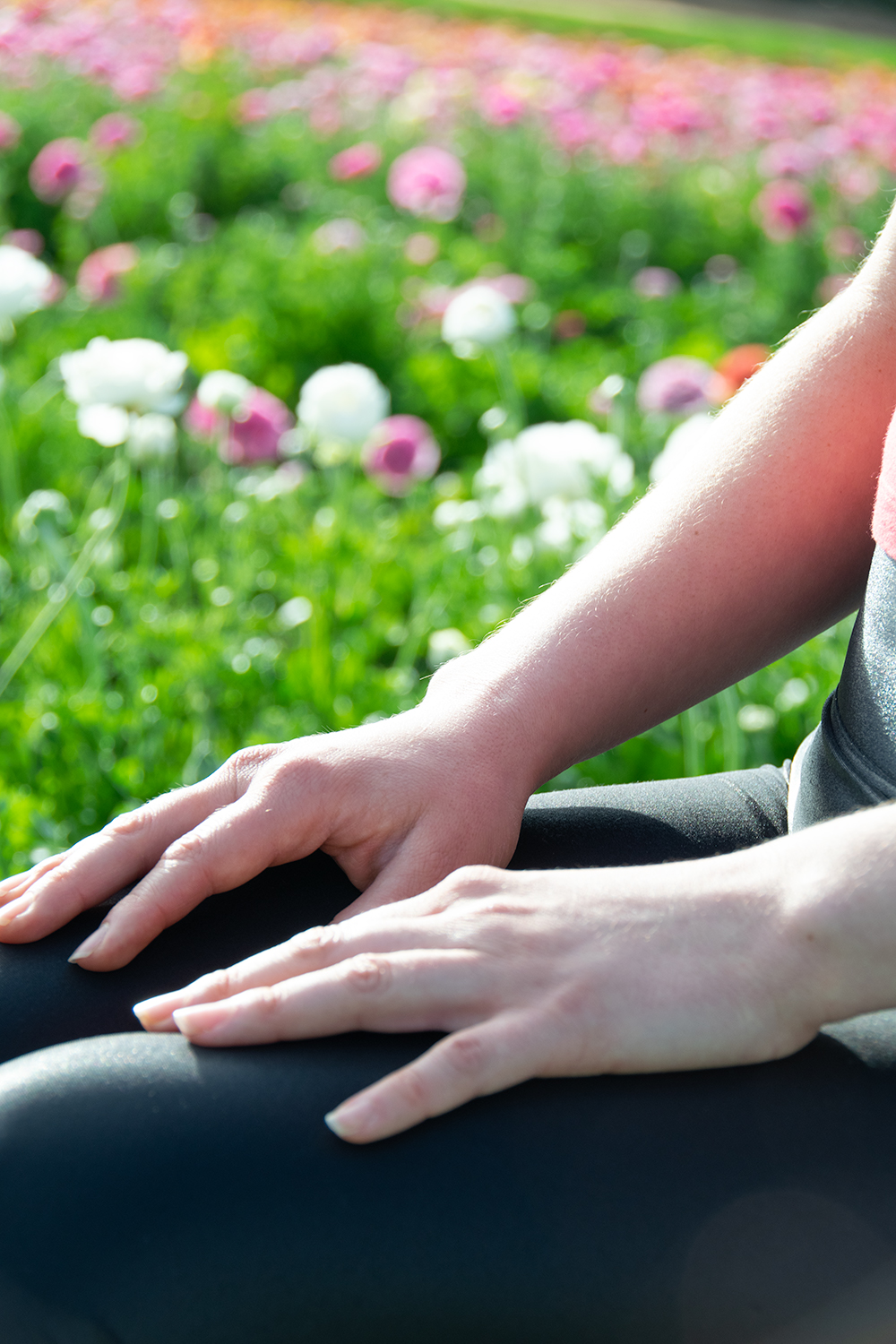
You can meditate for as long or as little as you want.
Any little bit you can fit into your schedule is great, but the longer you can do it, the better! But you can meditate for one minute, or one hour. It all counts. Commit to what you know you can realistically do every day.
You can meditate in any position.
This is a slightly controversial professional opinion, but as a meditation teacher I encourage my students to meditate in any position that feels comfortable for you. Also—you can close your eyes, or leave them open! You don’t have to sit in the stereotypical perfectly straight, cross-legged position. The reason this is so important is that you will find it very difficult to relax and meditate if you’re in any pain or discomfort. You’ll keep getting distracted, or want to shift around.
That’s why I’m personally a big fan of meditating lying down. I lived with chronic neck pain for years, and lying down was the only position where I’d feel enough relief to focus. Some teachers are very vocally against this, mainly because you’re more likely to fall asleep. But I don’t think this is a bad thing, unless you tend to oversleep, need help staying alert, or want to feel energized by your meditation rather than further relaxed. Then you may find it more useful to be sitting, or reclining in a chair. Experiment a bit and find what works for you.
I highly, highly recommend you try laying on an acupressure mat to help you meditate. I wrote all about this tool in this post, and why I use it every day. It really helps your body shift into a relaxed, deep meditative state more quickly.
You can meditate while DOING, as well—you don’t have to be still.
I believe strongly in active meditation—in fact, I created a FREE 20 minute guided Active Meditation for you to download here!
When I was a teen I had severe depression and anxiety, and I found that the only thing that kept me sane was movement—in my case, running. It’s what fueled my passion for fitness.
And many of you feel the same! I know because as a yoga instructor I’ve had many clients say that they get into a meditative, focused state when doing their flow—and that’s the goal! It’s a time where you can tune out the world around you and really focus your mind on its more primal state, where you are simply breathing and rooted in your body. It’s meditation.
Again, some teachers disagree with me on this, but I strongly believe meditation applies to all aspects of our lives. It’s being mindful—becoming aware of our thoughts so that we can choose them, to become more in alignment with the higher version of ourselves. You mind find it meditative to wash the dishes, or paint, or garden. I love to go on long, meditative walks out in nature.
If you find yourself getting more anxious trying to force yourself to be still, find a soothing movement that works for you instead.
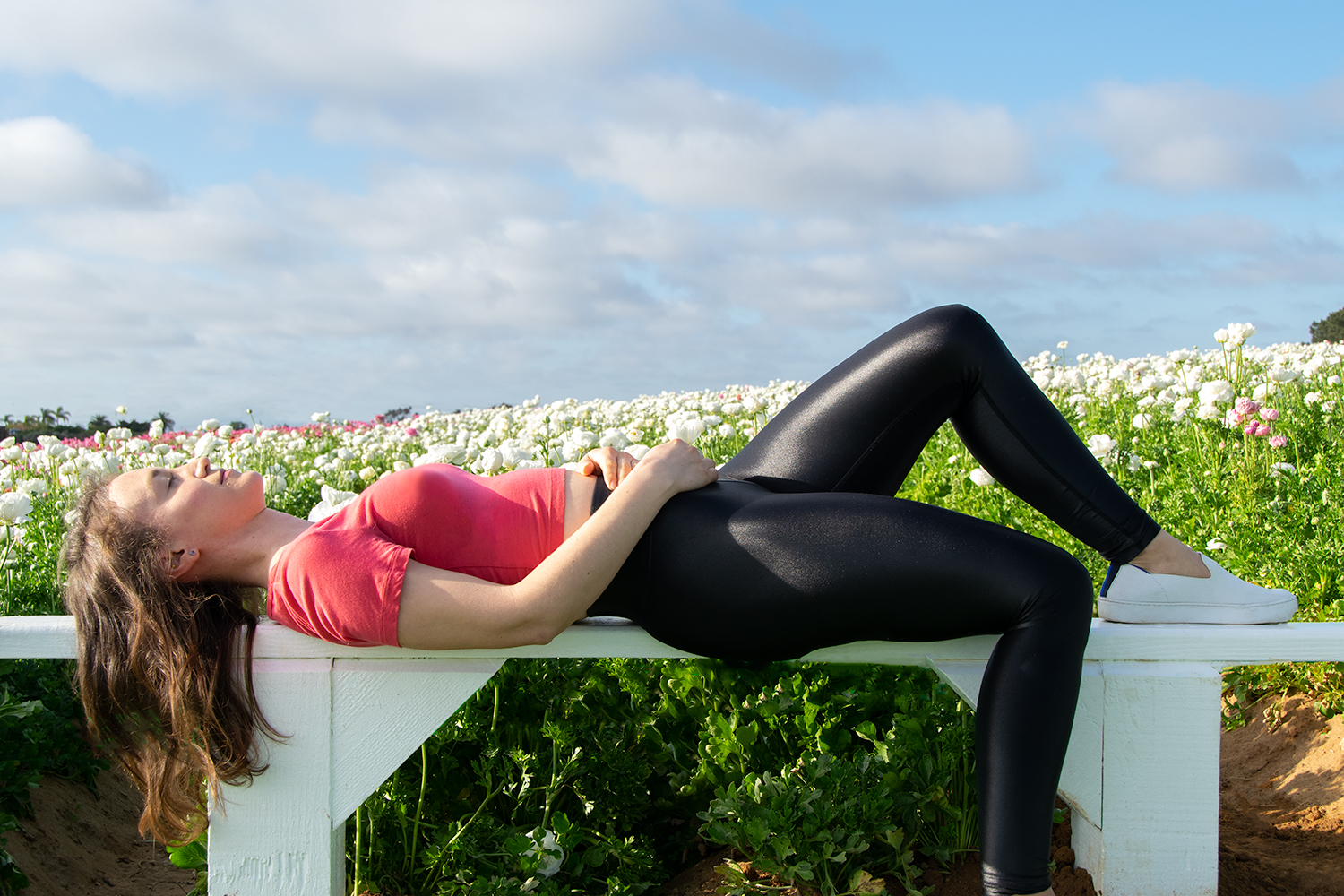
Beginners often find it most useful to listen to guided meditations.
I know I sure did when I first started my meditation practice about four years ago: I wrote all about my favorite apps to use here on the blog a few years back, and those are still my top recommendations.
It may take a few tries to find a teacher whose voice and technique works for you. Lately I’ve been focusing my teaching primarily on meditation, and I’ve created a series of FREE YouTube guided meditations for you to try out, as well! I hope you enjoy.
One element that’s important is to have minimal distractions. You can’t really meditate when someone’s trying to talk to you (although meditation will teach you to become more mindful in conversations), when you’re working, or when your phone is dinging with notifications. Set yourself up for success by carving out time in your schedule specifically to meditate, putting your phone in Do Not Disturb mode (if you have an iPhone), and going somewhere you won’t be with someone who wants to chat.
Try practicing both guided meditations and meditating on your own, and see what works best for you! You may find that you prefer one or the other, and again—there’s no right or wrong.
Stay consistent with your practice.
Meditation works best when you do it every day, so make a resolution to stick with it. Remember that it gets even easier and more enjoyable over time! And what better time to practice than quarantine season?
Trust me—the benefits of meditation are worth the commitment. I have become genuinely happier and more peaceful, and I feel stronger and more powerful every time I meditate. It really is magical!
Whenever you’re feeling fearful, anxious, or sad—meditate. It’s the best antidote.
When we meditate, we discover that we are not our thoughts—that we have control over what we think, and thus who we are. We have the power to change our lives by changing our thoughts. And meditation reminds us to slow down enough to realize that in this moment, everything is okay.
If you want to learn more, be sure to sign up for my Shortcut To Calm Mediation online course—you’ll get a bundle of 7 different guided meditation downloads from me, plus so much more! Learn more here.
» Song Vibes «
This is part of a fantastic guided meditation series by none otherthan RZA from the Wu-Tang Clan.I highly recommend.What have your experiences with meditation been like? Did this post change how you meditate? Share with me in the Comments below!
xo,
Amy
This post is not sponsored, but there are affiliate links throughout this post. I genuinely love these products and know you will, too. Thanks for supporting the blog!
Photos by Matthew Hanley, edits by me—at The Flower Fields at Carlsbad Ranch

